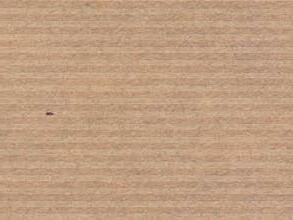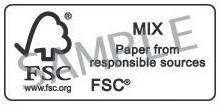




























































































































































































































































































Welcome to the 2022 edition of Withington Onwardsyour publication for Withington alumnae, friends and former sta .


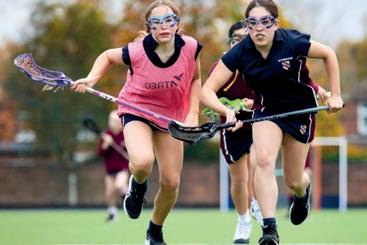



































Firstly, I would like to say thank you to all of you who responded to our alumnae survey over the summer. You can read more about the outcomes of the survey on p.10. As you will see, one thing that was very apparent was that alumnae of all ages value having Withington Onwards as a way of keeping in touch with the school and with each other. To that end, we have widened circulation to as many alumnae as possible this year. Of course, there are alumnae who prefer to receive an online link to the magazine. If that applies to you, please let us know and we will amend your preferences accordingly.

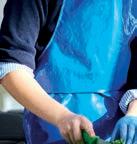
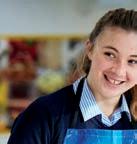

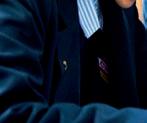

In response to feedback given in the survey, we have also made some changes to our event programme. We hope that this will give more flexibility and more opportunities to bring year groups together to catch up with each other and for us to meet more alumnae. More details and dates for 2023 can be found on p.10.
We are truly grateful for the continued generosity of many in the Withington community. This year, we held our first school Giving Day (see p.12). As always, we were thrilled with the response as students, alumnae, sta , parents and the wider WGS community came together to raise over £70,000 for our Bursary Fund.
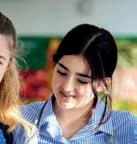

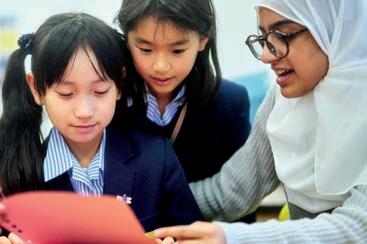



In the current economic climate, our commitment to bursaries is more vital than ever. We know that bursary provision is important in helping us to continue the founding ethos of Withington: to o er educational opportunities to all girls who have potential, despite economic circumstances. However, in recent years, the number of applications for bursaries has continued to grow and an increasing number of talented individuals are unable to take up their place at Withington, as there is simply not enough bursary funding. It is our current aim to increase bursary provision from 1 in 6 to 1 in 5 Senior School pupils. For more on this and to find out about a new development for our Bursary Fund, see p.13.
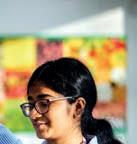
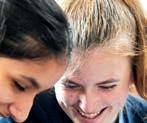
If you are a regular reader of Withington Onwards or coming to it for the first time, we hope that you find it an enjoyable and inspiring read!
 MRS LESLEY DOWDALL DIRECTOR OF DEVELOPMENT
MRS LESLEY DOWDALL DIRECTOR OF DEVELOPMENT



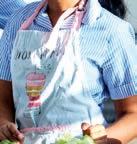
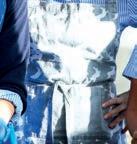













Over the course of the last year, we have seen the return, following the restrictions of the pandemic, to a full timetable of in-person lessons, extra-curricular activities and assemblies. I’m delighted to say that we have now returned to a full programme of whole school events, ranging from sport, music and drama to House competitions, Model United Nations, trips and residential visits. The atmosphere in school has been invigorating and palpable as the school community has once again pulled together its very considerable talents and determination to see things done well. This is testament to the enthusiasm, creativity and commitment of WGS pupils and sta and to the wider Withington community for their support and encouragement. As ever, it has been a superb team e ort and one that continues to be a notable and very special feature of life at Withington. The first public examinations since 2019 took place during the summer and we are very proud indeed of our Upper Sixth and Upper Fi th pupils, who were all sitting public examinations for the first time. Their results reflected the dedication, hard work and perseverance of both students and sta , especially given the challenges of the last two years. Our A Level results were truly outstanding, with 61.7% of grades achieved at A* and 87.7% of grades attained were either an A* or A grade. We were also very pleased for our GCSE pupils and it was wonderful to see them celebrating with one another on Results Day. An impressive 55.6% achieved a grade 9, and 81% of grades were awarded at grade 8 or 9, and 93.4% at grades 7-9. We have very much enjoyed being able to welcome parents and visitors into school and it has been a great pleasure to see so many at events. Our Induction Day for new Junior and Senior School pupils and families, the first one in person since 2019, was a highlight of the final weeks of the Summer Term, as were the traditional trips to Ghyll Head which took place in the summer term for Year 8 and in September for Year 7. It was a particular pleasure to be able to return to the memorable Withington tradition of the ‘Final Assembly’ on the last day of the Summer Term. On this occasion, Year 11 and Year 13 joined us once again following their study leave and the whole Senior School came together to celebrate what has been achieved and to bring the year to a fitting close. This has always been a very special day for our community. I hope that all the Class of 2022 have settled well into life a ter Withington and we look forward to keeping in touch.

Our Citizenship Day in June was an occasion which saw many in our community each make their own contribution for the greater good and together create something inspiring and beneficial for all. Here at Withington, we celebrated the Platinum Jubilee on our Citizenship Day through our Senior Citizens’ concert and special lunch,
which was a great success; there was a strong sense of this being an historic occasion as we all came together to mark this unique moment in our nation’s story.
Who would have imagined that only a few weeks later we would come together as a school community to mourn Her Majesty Queen Elizabeth II. A special assembly was held, allowing pupils to reflect upon her life of service and duty and upon her position as a remarkable female figurehead for over 70 years. It is at such moments too that we see the very special qualities of our schoolour pupils were so thoughtful, reflective and respectful, they give us all hope for the future.
Closer to home, another remarkable female leader from our own community has celebrated her 100th birthday this year. Miss Hulme, Headmistress from 1961-1985, has continued to maintain close links with Withington and I was privileged to visit her in the week of her birthday and pass on many happy returns from all of us at school. As a fitting tribute, I am delighted to say that we have decided to rename our bursary fund the Marjorie Hulme Bursary Fund (see p.12) in recognition of the very significant beneficial impacts that far-sighted decision to found the bursary fund has had. It was certainly a defining moment for our school and a powerful reflection of our school’s ethos.
We are extremely grateful to our alumnae as you continue to support us, not only through your generous donations, but through enriching the learning experiences of our current students. Whether speaking about your career journey, relating your experience of university or sharing your expertise, it makes such a di erence for pupils to have you as examples and role models. We are always proud to be associated with the achievements of our alumnae and I am very much looking forward to the nominations for the Ad Lucem Alumnae Awards 2023 (see p.6).
I wish you all the very best for the year ahead and thank you for all your continued support to the life of our school - it is very much appreciated.
MRS SARAH HASLAM HEADMISTRESS































































































Following the easing of the restrictions of the pandemic earlier in the year, we were able to share once again some cornerstones of the Withington calendar. March 2022 saw the return of Founders’ Day, our first since October 2019 and our first opportunity to bring the whole school community together since before the start of the pandemic. It was wonderful to see the whole school gathered once again, along with sta , parents, alumnae, governors, trustees and friends.
As Mrs Haslam said in her speech, it was an opportunity a ter three years to, “reflect together on the life of the school - on our progress, on challenges met and on our care for each other. And in the words of our school song - Gaudeamus Igiturlet’s celebrate all that this school makes possible and the vision of the Founders which still enduresand inspires us today.”
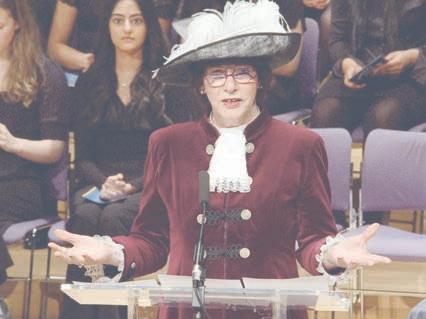
Chair of Governors, Mr Malcolm Pike, opened the proceedings, describing the school as a place where collaboration, personal challenge, inclusion and diversity are the order of the day: “It is a community which fosters and encourages resilience and which generates a real determination to succeed, qualities we have seen in abundance across the whole school, most notably in the pupils, throughout the Covid pandemic.”
A new addition to the event for this year was the presentation of trophies to the recipients of our first Ad Lucem Alumnae Awards. Recipients Brenda Milner
(Class of 1936) and Bronya Sykes (Class of 2018) sent video messages and we were very pleased to welcome the parents of Rose Acton (Class of 2010) to receive her award.
The Upper Sixth were each presented with a book of their choice, as is Founders’ Day tradition, by guest speaker, the High Sheri of Greater Manchester, Mrs Diane Hawkins (JP DL) - current WGS Governor and Withington alumna (Class of 1975), who said that having seen the school community face challenges with determination and a smile, she is optimistic for the future. Past crises throughout Withington’s history have included war, fire and now a pandemic, she reflected, but through adversity, “we have grown stronger, wiser, and closer together because of what we have shared. Resourcefulness and resilience have always been the hallmark of Withington girls.”
Founders’ Day 2022 ended with an upbeat speech from Head Girl, Mayo Adetujoye, who stressed the importance of relationships, support, teamwork and togetherness, of the need for resilience and for making the most of all opportunities.
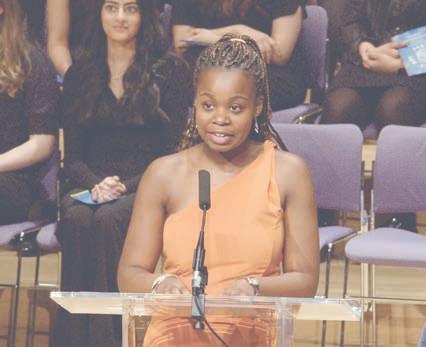
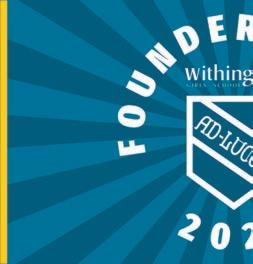
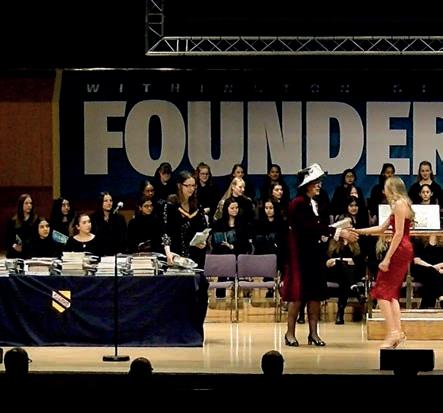
“We can bounce back better and stronger. Let us be resilient, let us never give up on our dreams and let us look out for one another and support each other because we can accomplish so much more together.”
Readings were performed and the Senior Choir led the first whole school rendition of the school song, Gaudeamus in over two years.
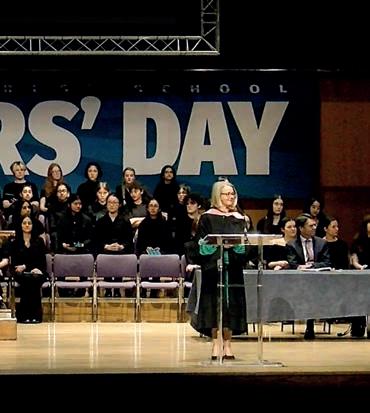

















Our biennial Ad Lucem Awards return for 2023. Following on from the inspiring nominees and award winners from 2021, we are looking forward to hearing about, and celebrating, the achievements of the amazing women who are part of our Withington alumnae.
As with last time, the recipient of an Ad Lucem Award will be a Withington alumna who has made an outstanding contribution to society, or who acts as an inspirational role model, either in a professional, voluntary or philanthropic capacity, or through their personal endeavours. Their achievements, outlook and conduct will demonstrate that they continue to reflect the school’s ethos and values, making them an exceptional public ambassador for our school community.
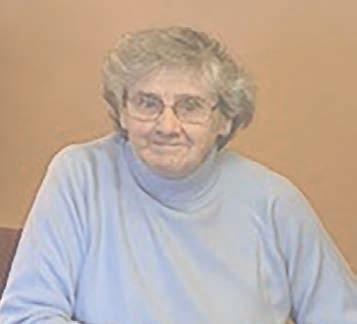
There are three categories:

• The Ad Lucem Alumna Award











• The Ad Lucem Young Alumna Award
For alumnae under the age of 30 at the nomination deadline
• The Rose Acton Ad Lucem Award

Named in memory of alumna Rose Acton from the Class of 2010 who died in 2020. Nominations for this award will embody qualities that Rose herself displayed throughout her life and that are valued highly in our school community; qualities such as courage, curiosity, kindness, humour, determination, resilience and a desire to improve things for others. Most importantly, like Rose, any recipient of this award demonstrably inspires and supports those around them to achieve more than they thought they could.
The winners will be announced and the awards presented at our Founders’ Day celebration in May 2023.
Anyone is welcome to make a nomination but please note:
• Nominees shall have attended Withington Girls’ School



• Nominees shall not be current WGS sta members
• Awards may be considered posthumously

• Nominees should be nominated by someone other than themselves
You can make a nomination using the form on our website where you are invited to submit a statement (up to 500 words) to allow a greater understanding of the nominee’s achievements and/or contribution to society. You can also submit any further supporting documentation (press articles, publications, resume of nominee) via development@ wgs.org. Alternatively, you can email development@wgs.org or post your nomination to the Development Team at the school.
The closing date for nominations is Tuesday 31st January 2023.
A shortlist of nominations for each category will then be identified by a selection committee which includes the Head Girl Team. Senior School pupils will then be asked to vote for their preferred nominee in each category. The award trophies for 2023 will be designed by current pupils as part of a Design Technology competition.
If you have any queries, please contact the Development Team on 0161 249 3377 or email development@wgs.org.




Valerie, who lives in Frogpool in Cornwall, is on a mission to increase the population of frogs locally to compensate for the fact that the large pond in Frogpool is being drained for development. She still tends her garden and has recently dug out two ponds and fitted a water-butt diverter to a gutter down-pipe that leads to a bronze frog in the corner of one pond. The water gently spouts from the frog’s mouth into the pond. Hopefully the water level has increased since the hot weather in the summer and Valerie is now welcoming lots of frogs to make their home in her garden!
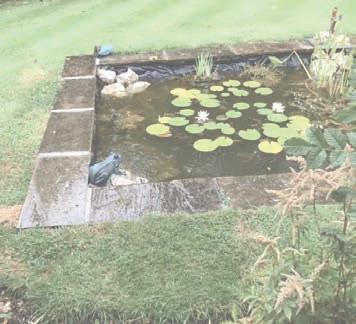






























































































































































































































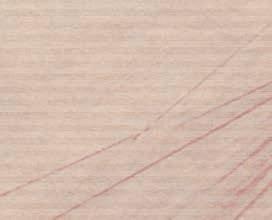

















FREYA SYKES (Class of 2014) is an Academic Researcher in Paleoceanography at the University of Tromsø, in Arctic Norway.

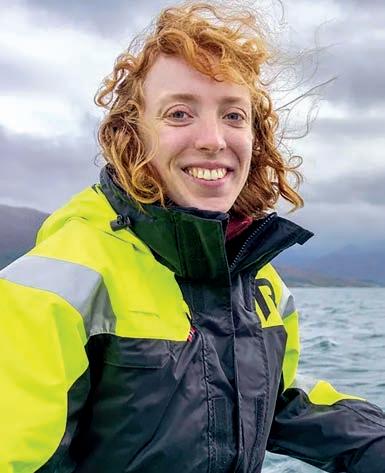







A quote o ten attributed to the science-fiction writer Arthur C. Clarke states, ‘How inappropriate to call this planet Earth, when clearly it is Ocean’. Whether or not this sentence ever passed Clarke’s lips is debatable, but the observation itself holds true. Indeed, oceans cover over 70% of our planet and drive everything from climate to trade, yet in many ways they remain as much a terra incognita as the vast expanses of space. This last unknown frontier of human exploration and research is one with which I have become increasingly familiar.
My first confrontation with the raw power of the ocean was on the WGS field trip to the Yorkshire coastline. It was a typical dreary, drizzly day when we clambered out of the minibus to see a dramatic end to the tarmac. Below us the waves crashed against the crumbled remnants of what used to be a cli side road, now lost to the erosive force of the sea. It is still a stark memory from studying Geography at Withington.
Although that field trip may have cemented my decision to continue with Geography at the University of Edinburgh, once there I found my focus moving towards more terrestrial processes. My Bachelor’s degree was largely spent running around in the mountains, using my dissertation as an excuse to spend a month sitting in the rain in the Swedish Arctic, measuring lichens on recently deglaciated terrain to calculate glacial retreat patterns. Undeterred by the bad weather, I moved to Stockholm to undertake a Masters, focusing on high latitude landscape evolution and climate change, eventually getting a job in geotechnical consultancy. It was there I found myself roped into the leadership team of Mälarhöjden sea scouts.
As a non-sailor myself at the time, every Thursday evening and weekend was suddenly being spent exploring the Stockholm archipelago by boat, and I was forced to learn quickly to keep up.
It was during these years that a fascination for the sea started to take root. Understanding the geology of the islands and skerries, the weather patterns, the water currents, all play into good boatmanship. Eventually, wanting to go further afield than the scouts would take us, a friend and I acquired a sailing boat of our own, a 50-year-old Allegro 27 called Annatria. She was very much a
fixer-upper, with a motor that started in an eye-watering cloud of diesel smoke. But we were charmed by her ocean cruising pedigree and had ambitions of exploring the Baltic Sea. We had only had Annatria a few months, however, when I was o ered a PhD at the University of Tromsø in Arctic Norway.
The PhD was to research how ocean circulation at the European arm of the Gulf Stream responded to climate change during Earth’s last warm cycle and to apply this knowledge to the present day. Current climate warming is impacting the ocean, that much we are clear on, but the question of how it is impacting the ocean, and what impact that will have on human society, is much harder to answer. It was an exciting opportunity, but it posed the issue of what to do with Annatria. Between my friend, myself and some willing volunteers we sailed her from Stockholm, around the tip of Sweden and up the length of the Norwegian coast to the island of Tromsø. One of my Withington Geography lessons came to mind as we rounded Stadlandet, an infamously dangerous stretch of the Norwegian coastline. We were taught that while ords are generally deep and steep-sided, they o ten shallow where they meet the ocean. This was very noticeable in practice, as the shallowing of the water results in the waves becoming excessively steep, and exceedingly uncomfortable for a small sailing boat. We were very glad to get out onto open sea as, although the waves grew larger, so too did the distance between each crest.

My PhD also started at sea with a research cruise on the R/V Helmer Hanssen, an ex-fishing trawler turned research vessel that still smells very strongly of her former career. She is equipped with several laboratories and state of the art research equipment, allowing us to survey the hydrography and ecology of the Norwegian Sea. Our first day was spent in a storm that caused even hardened crew members to feel queasy but in general, it was relatively comfortable and we were even able to enjoy several sunny ’fikas’* up on deck, to a view of infinite blue seas. This compensated for the 5am starts and endless hours spent deploying plankton nets to catch a microscopic organism called foraminifera, the focus of my research and which I use to reconstruct changes in ocean hydrography.
I am now back in the university laboratory and winter is coming to Tromsø, bringing boat season to a close. At work I currently alternate between

preparing my foraminifera for mass-spectrometry analysis and lecturing undergraduate students. Outside, the first snows are settling on the surrounding peaks and every day is getting notably darker - we say farewell to the sun on the 21st November. It will be two months before we see it again. Polar night is not a dreary time, however, and there is still plenty to do with skiing, winter festivals, and of course watching the spectacular dance of the northern lights.
Tromsø is in many ways a modern cultural city just like Manchester, albeit on a much smaller scale, so for the most part life continues as normal, even in the darkness.
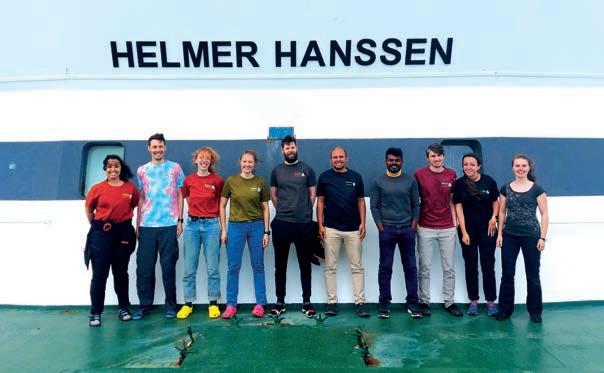

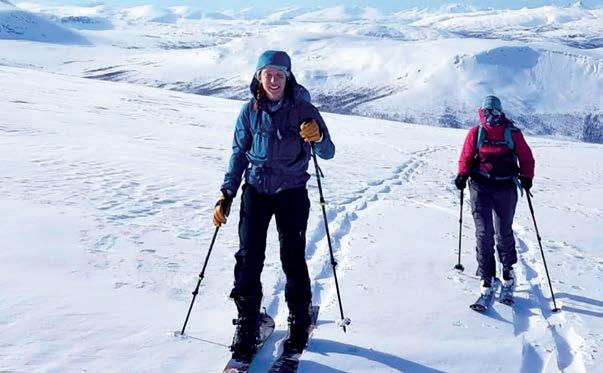
200 μm


























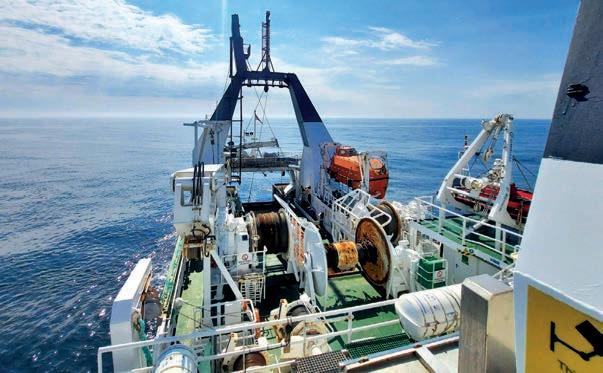





























































Foraminifera (centre) feeding on a pteropod
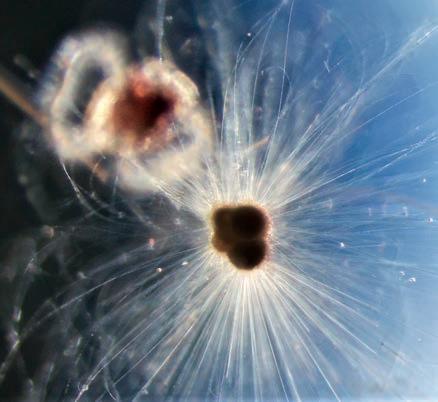



At Withington, the thing that made Geography so interesting was that it was a subject that touched on everything and everyone - the word itself means ‘describing the Earth’. And given that in my own career geography has already taken me from glacial peaks to open ocean, it’s proving to be true. Most of what I research now was not something I necessarily learnt at school, or even university, but geography provided the skillset needed to apply what I did know to new regions and new experiences, including the unknown frontiers of the oceans.
*Fika is the Norwegian word for ‘elevenses’
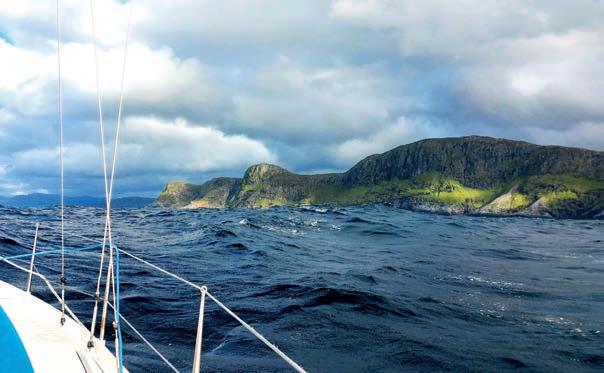
This year, we undertook a review of the way that we engage with our alumnae and former sta and, as part of this, we asked you to take part in an online survey. The aim of the survey was to seek your views on how you would prefer us to engage with you going forward, especially in relation to our events and our communications.
Thank you to everyone who responded. You have helped to shape our forthcoming plans for 2023 and beyond.
The good news is that almost all of you valued having an alumnae association and to hear news of each other and of successes of the school. Some key findings were:






• As alumnae it is important to you to retain links with your own year group.
• You are more likely to attend an event if it is a reunion for your year group or there will be people there that you know.
• Email is the most popular way that you would like to hear from us.









• Withington Onwards magazine is also important to you.














As you know, the Development Team love to catch up with alumnae and former sta to hear about all your news.
The survey clearly demonstrated that by far and away the biggest draw for events was a reunion of your year group or meeting up with people with whom you are familiar.
To this end, from 2023 we have decided to:
















• In September 2023, host a reunion catering for year groups celebrating a significant anniversary since leaving WGS (10, 20, 30 years, etc.) at Withington.
• Host online reunions for those celebrating 15, 25, 35 years, etc. since leaving WGS.



• Help to facilitate reunions for any year group who request one, either online or in person, regardless of how long it is since leaving WGS. Please see our events calendar on p.1 for confirmed dates so far for 2023.
Whilst we know that a number of you follow us on social media, we also know that you don’t always see our posts in your feed, due to the algorithms employed by the social media platforms.
Information is also available on our website and we are hoping to undertake a refresh of our pages at the beginning of 2023.
It was very clear that, for those who are online, the preferred method of hearing from us is via email.
In response we have extended the circulation of our quarterly E-news and will be employing increased segmentation in our email communications to ensure we are as relevant as possible to di erent age groups of alumnae.
*If you think we have your email address and you didn’t hear from us recently, email us at development@wgs.org and we will check our records
*If you are an alumna who is not online, we are happy to supply a hard copy of our E-news. Please let us know if you are not online and would like to receive this by post. (We will only post a hard copy to alumnae who do not have an email address and who request to receive it.)
Hearing from us via this publication was also very popular in the survey and we are very pleased that so many of you enjoy reading the magazine. This year, we have increased the number of alumnae receiving Withington Onwards, or a link to the online version.


*If you would prefer to receive an online copy, email us at development@wgs.org and we will make a note of this for future editions.

the BrainAmazing edition
If you have any views you would like to share with us regarding communications or events, please do get in touch with us at school or at development@wgs.org.








The Emily Simon Society recognises those who have pledged to remember Withington with a gi t in their will. For the first time in three years, we were able to host members of the society at a lunch in our new conference space. It was a real pleasure to see both familiar and new faces a ter such a long break, including Miss Hulme. Lower Sixth members of the MUN (Model United Nations) team gave a very informative talk about what MUN entails and what they have learned from the experience. It was wonderful to be able to welcome members back to the school once again.
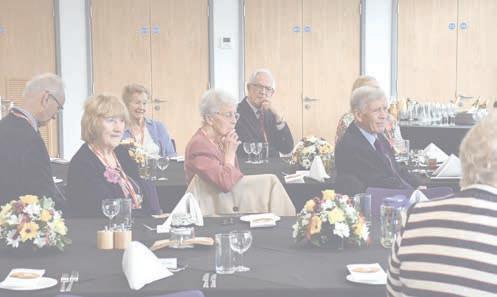
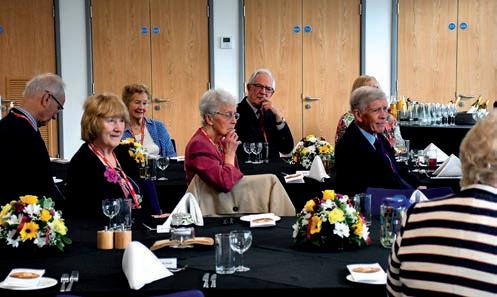
If you would be interested in pledging a gi t in your will to support future Withington students to follow in your footsteps, please contact Lesley Dowdall, Development Director, at ldowdall@wgs.org for more information, or visit www.wgs.org/gi tsinwills.
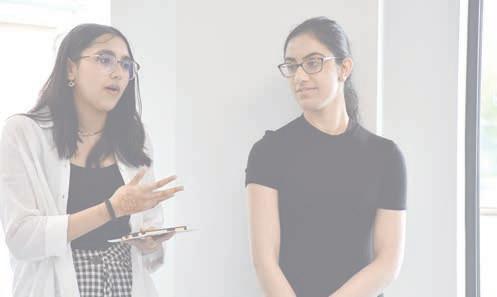

































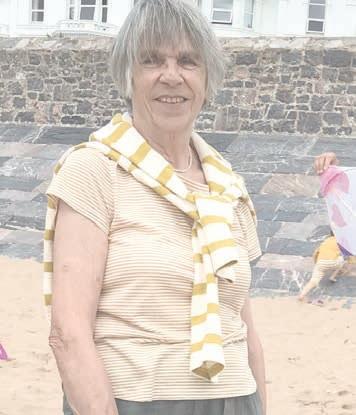








Over the course of the last 12 months, Gina has been supporting Afghan women in her local town in Devon. The women, along with their families, have had to make their home in a local hotel.
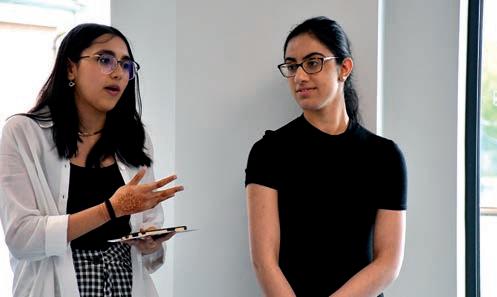
Gina helps out at a weekly sewing/ cra t session for the women whilst their children are at school. On 20th August they flew kites together to mark the anniversary of the date that the families were forced to leave Afghanistan.
Gina says:













“Although I only play a small part, it is delightful to see the women feeling more relaxed but still, unfortunately, without homes of their own. This new activity is part of my life which just reflects my experience of trying to help others, a value that started with my time at Withington and continued through some of my employment and later, my retirement.”

































In honour of Miss Hulme’s 100th birthday and the instrumental role she played in creating the bursary fund at Withington Girls’ School, we have decided to rename it the Marjorie Hulme Bursary Fund (See p.29).



Bursaries have always played an important part in the ethos of our school and it is our aim to move from 1 in 6 to 1 in 5 Senior School students receiving means-tested bursary support; equivalent to an additional 1012 bursary students. To support these bursaries in perpetuity will require donations totalling over £2 million.
We are extremely grateful to all our current donors. Your generosity really does make a di erence. Thank you.





Holly is a current WGS Sixth Form Bursary Ambassador and bursary recipient and joined Withington in the Junior School.


“It has been an amazing experience so far, including the memorable trips I have been on, the friendships I’ve made and the extracurricular activities I have partaken in. Currently, I’m working towards my Grade 8 LAMDA exam which I’m hoping will be completed this academic year, and I enjoy tennis and athletics which I do outside of school. A ter Withington, I would love to study Pharmacology at university or do a degree apprenticeship in the pharmaceutical industry, as I aspire to owning a pharmaceutical company in the future.
I strongly believe donating towards the bursary fund is an incredible opportunity to support young girls by enabling access to an excellent education which will inspire them to achieve their goals for the future.
An education at Withington Girls’ School is inspiring as you are surrounded by a strong, friendly community, always welcoming and providing support in any aspect of school life; something which you probably will not find in the same way elsewhere.
I would like to thank you so much to all those who already contribute to bursary support, as you are providing opportunities for young girls who never would have thought that they would have access to such an excellent education.”

We were thrilled with the response to Withington’s very first Giving Day on 22nd and 23rd March 2022. Students, sta , alumnae, parents and the wider WGS community came together in various challenges, raising over £70,000 for our Bursary Fund. Thank you to the 156 individuals who donated on the day. We’d also like to thank all of those who generously provided match-funding and those who signed up to be Giving Day Ambassadors, helping to make the day a success. Your e orts mean that we edge closer to our goal of providing the opportunity of a Withington education to one in five girls in the Senior School: girls who would otherwise be unable to take up their place here.
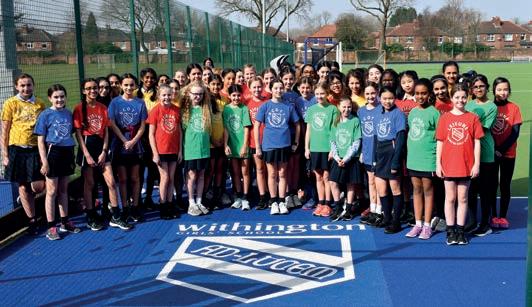

The willingness of members of the extended Withington community to provide match-funding for many of our challenges was quite overwhelming and proved to be a real inspiration for other supporters to make a gi t. This was also the case for our students, who unlocked £4,343 by running 4,343 laps of the all-weather pitch.
An additional £12,000 was released through our House Challenge by securing over 25 donations in the name of each Senior School House. We were very impressed with the commitment by alumnae to their former houses in helping to secure this amount. Thank you!
Within school, our Ad Lucem Lantern Challenge inspired some amazing entries. Students were asked to create lanterns on the theme of what made Withington interesting, fun or special to them. The display of all the lanterns in the Arts Centre was stunning.
We are also indebted to three members of sta who are also alumnae, Diana Bruce (Class of 2009), Yorke Menzies (Class of 1982) and Steph Roberts (Class of 2003), who all gamely pledged to spend a day in their old school uniforms if we exceeded our goal of 100 donors. As you can see, they kept their promise!
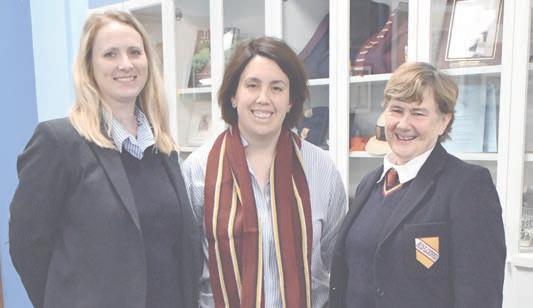





Ahead of the first school Giving Day in March, the Development Team hosted an informal Bursary Breakfast in the Hub to give parents the opportunity to learn about the di erence our programme makes by meeting some of our Bursary Ambassadors - Sixth Form pupils, alumnae and parents who are happy to share the impact that bursary support has had for them and their families.
There were some very interesting conversations. We’d like to say a huge thank you to those alumnae and other ambassadors who attended and for supporting bursaries at Withington in this way.


































Donations to the Ad Lucem Fund enable us to support learning for all pupils in the school. In the last year your donations have supported:
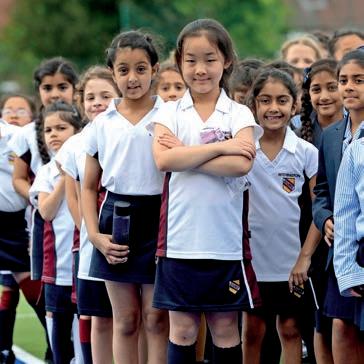
•



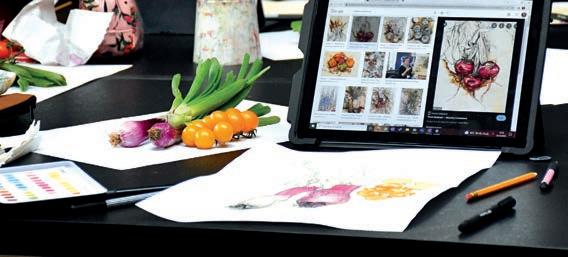







For the Design Technology Department



• A DIGITAL ART STATION



•
•







For the Art Department


A central resource which will have applications across the curriculum
For the new outdoor learning space

















The outdoor flower planters are a big hit and the Junior Eco group spent time collecting the seeds from the wild flowers to grow in the Spring.
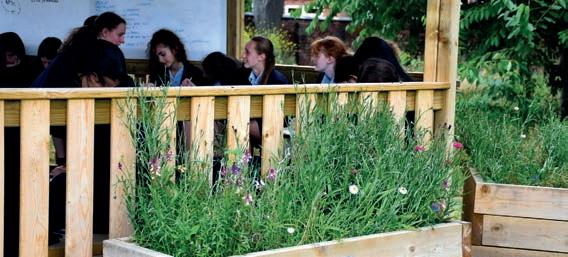
Funds were also provided to enable Year 12 students to partake in a career-focused leadership programme. The Ad Lucem Fund also supported our successful Languages for Life week, which provided students with a variety of language-related enrichment activities to explore the possibilities that language learning o ers in school and beyond. An Archive project to digitise the school’s original handwritten admissions registers was also undertaken and these can now be viewed on the Archive section of our website.
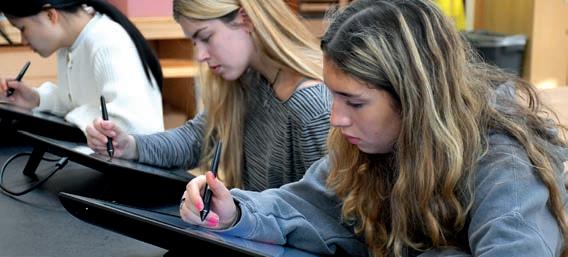











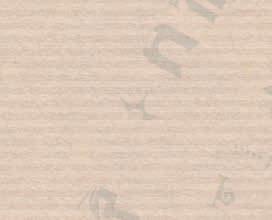





DESHNA SHAH (Class of 2017) is a multimedia artist who graduated with First Class Honours in Fine Arts from the University of Oxford in 2021. She was awarded the Emery Prize, resulting in her first solo exhibition, ‘Kahani’, in Oxford. Deshna has exhibited her work at the Tate Modern, Modern Art Oxford and Paradise Works. Her latest exhibition, ‘In Translation’, was a part of the Friday Lates: My East is Your West at the Victoria and Albert Museum in London, as a result of which she was interviewed by BBC Radio. Deshna was the judge of this year’s WGS Ruth Bayley Competition (see p.33). She worked at Christie’s auction house for a year in the Estates, Appraisals and Evaluations Department. Whilst there, she contributed to committees such as the Reach Committee and the Disability Committee to help bring about positive change in the company. She is currently on a one year fullyfunded fellowship at Princeton University in the United States to study Art History.

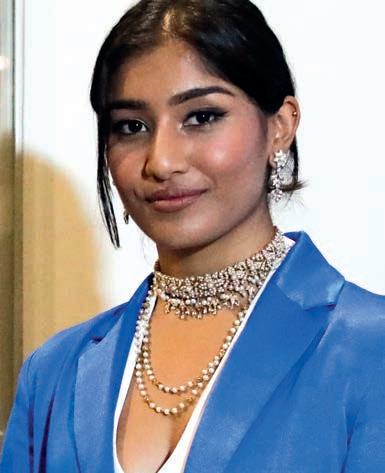


Deshna’s work seeks to address her relationship with location and cultural heritage. Through her participation-based practice, she questions the residual impacts of relocation, judgement and taboos, especially within the South Asian diaspora. Here, she explains more about her art practice: “My grandfather was a doctor who emigrated from India in the 1960s in response to the call for Commonwealth doctors to work in the NHS. Although far away from home, he needed to find a community, as well as gaining an understanding of, and embracing, the culture of others. He helped set up the Jain Association in Manchester in the 1970s.
Similar, to my grandfather, I too want to create a space in which cultures embrace and knowledge is shared. My work seeks to address the nuances of being British Indian, from worrying about taking Indian lunches to primary school to navigating conversations about di cult topics with parents. Overcoming that was due in part to finding out that I was dyslexic, something that was discovered when I started at Withington. Being dyslexic means that language, for me, is a challenging way in which to communicate and at home there were three languages spokenHindi, English and Gujarati. This question of being across more than one culture is one I explore in my work. My art has become a method to confront the challenges I have with language.
I combined the shapes of the alphabets of the three languages that I have grown up with: English, Hindi and Gujarati, to form my ‘Twilight Language’. I was inspired by the concept behind the tantric Twilight language associated with Buddhism and Hinduism. It is a polysemic language communication system where a sign has multiple meanings, including visual, verbal and nonverbal communication. Tantric texts are o ten written in a form of the Twilight language that is incomprehensible to the uninitiated reader. In a similar way, I was interested in how I could initiate users into my enigmatic alphabet.
In my practice, the ‘Twilight Language’ is used to narrate real and previously unspoken stories, o ering up a method of healing through letter-writing, ritual play and visual imagery. I asked individuals from my friends and family to write me letters that they wished they could send to loved ones. They were free to write with no fear of judgement regarding the style, grammar, how they write and what they write. I received a set of vastly di erent letters, with topics varying between di erent generations; they unpack topics from familial expectations to sexual assault. I then anonymised them and converted them from English into my alphabet, inspired by my interest in gra ti as a public code and the cyclical patterns in the tantric Twilight language. I created the ‘Dear’ series, where 25 circles are made up of a real letter each. I ask audiences to decipher the artworks; this playful code breaking helps encourage participants to work together to analyse the links between tradition, taboo and therapy. Although it starts as a playful challenge, it becomes very moving for people as they understand and read what has been said. For example, in a previous exhibition in Oxford, one of the artworks was the letter of a grandson writing to a grandmother. Some people were in tears, and it prompted others to phone and speak to their loved ones.
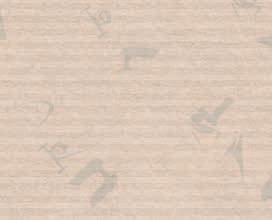


Part of my practice also incorporates the use of rice to convey these letters. In Jainism, rice is symbolic; it represents the end of the cycle of reincarnation, as well as purity. The rice is displayed on the floor of temple spaces, drawn with precision; generations are taught how to create these patterns. For me, this repetitive practice has therapeutic qualities. People o ten use religious spaces as a place to disclose di culties silently. Today, young people, myself included, are less likely to engage in spiritual spaces, thus losing this space for support.


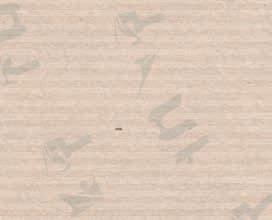
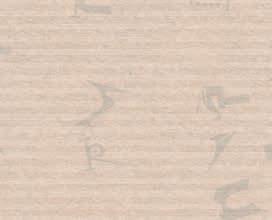


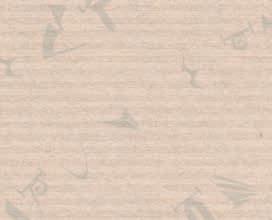



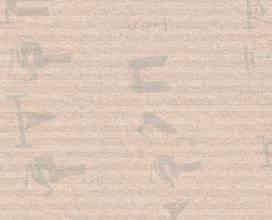




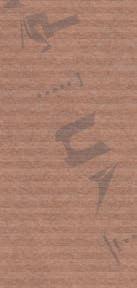

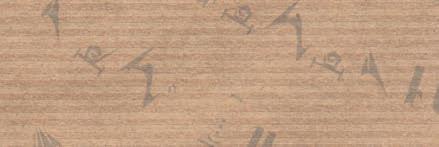



I test what happens when these methods of therapy used in religious spaces are taken out of context and placed in secular institutions. On di erent occasions I ask people to participate in creating and decoding the art.






























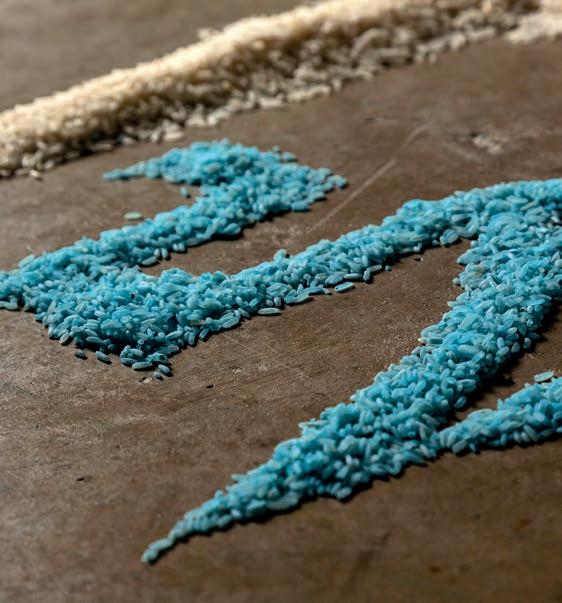







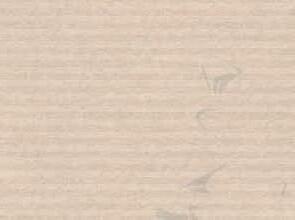
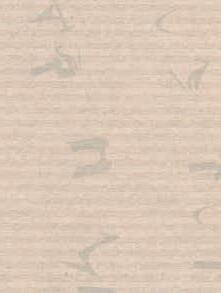


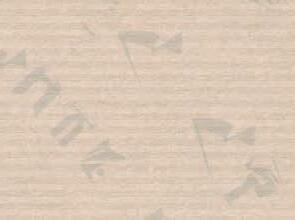






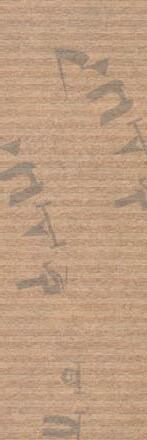


What I hope to illustrate through my practice, is that we are more similar than we are dissimilar. We must connect with others in a deeper and more reflective way. In doing so, we will come to a better understanding of ourselves. I would say that, in South Asian cultures, traditional forms of therapy are taboo in themselves, and this is perhaps the case in other cultures too. Therefore, I hope that through engagement in letter writing and deciphering, people find a method of healing.
Exhibiting at the V&A was incredible; I witnessed how people engaged with the work. I watched as visitors lay on the oversized cushions for hours, switching positions to avoid pins and needles. And I overheard conversations about love, relationships and taboos in the South Asian diasporic community. Participants also had the opportunity to respond to what they had seen by writing down something that they would like to say to a loved one; I’ve had some great responses. Thousands of people came through the V&A that evening. I was grateful for the support from my school and university friends, including some Withington alumnae! As well as the chance to showcase my art to a diverse crowd, the opportunity was a learning experience that I will draw from in the future. The work, as I see it, is ongoing and it is my intention to continue to develop it.”
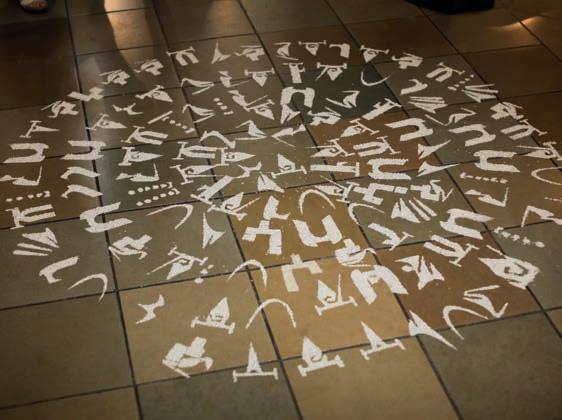
Deshna is currently part way through her year as the William Alexander Fleet Fellow at Princeton University where she has been exploring South Asian history and Art History. She has always been used to being close to home, so she explains her experiences navigating life away from the United Kingdom:
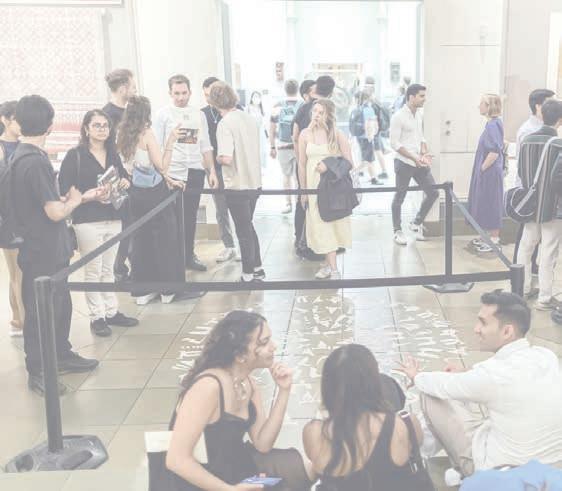

“I have found the American University system to be a great way to learn about many subjects. I plan on taking courses in Ceramics as well as South Asian Literature. This mixing of disciplines encourages more informed concepts in my art practice. Being away from home can be di cult but I’m finding ways to balance staying in contact with friends and family at home, as well building new relations here. I have taken part in many extracurricular activities; embracing the American spirit, I’ve attended an ice-hockey game and I’m in the process of planning a spring break holiday to Miami with some friends!”
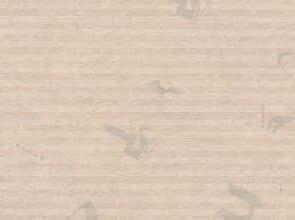


Deshna remembers Withington fondly: “I couldn’t finish without paying tribute to the influence that being at Withington has had on my career journey. I studied Biology, Politics, Economics and Art at A Level. In particular, I used my studies in Politics and Biology to communicate my ideas through art. I created work ranging from world a airs to the risks of the sun on skin! It was really Mrs Fildes (former Head of Art) who helped guide me on my journey of pursuing art further. She really believed in me and let my crazy ideas happen! I had great support and guidance from Withington which has really made a profound di erence for my learning.”




















It was wonderful to be able finally to welcome the Class of 2020 and the Class of 2021 back to Withington for their first o cial alumnae event.
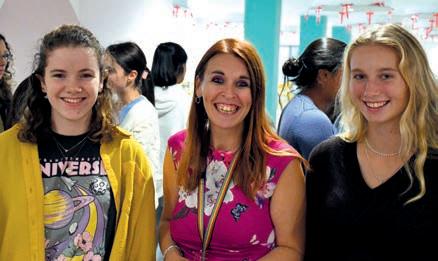
It was the first time that the Class of 2020 had had an opportunity to return to school since their time in the building came to an end so suddenly in March 2020, due to the pandemic. It was also the first time back for the Class of 2021. Everyone seemed to enjoy catching up with each other and with sta , as well as having a good look around school at all the changes - the new Sixth Form Bistro, part of the dining facilities upgrade, was much admired!


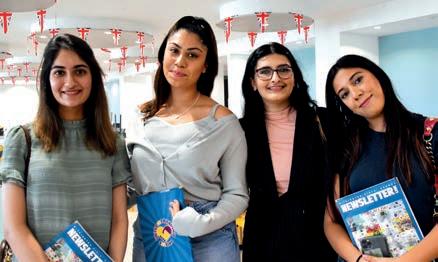
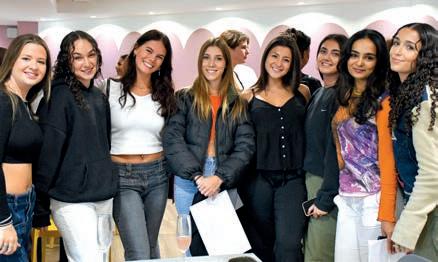













This year, we have continued with our online Zoom events, hosting anniversary reunions for the Classes of 1972, 1982, 1992 and 2002. One advantage of being online is that alumnae can join in from anywhere and this year, as well as those living abroad, individuals have also joined us from their holiday destinations!
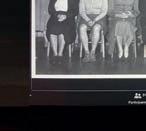
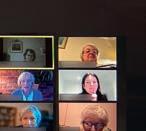

We were also really pleased to be able to get together with some of the Class of 1960 on Zoom in September. They had contacted us to see if we could help them arrange an online reunion, as several of them live abroad. We had a number of photos from their time at school and from the present to share with them and they helped us to identify the teachers in a sta photo from 1961! It was lovely to be able to help them to catch up with each other.

Saturday 16th September 2023
Responding to the views expressed in the Alumnae & Former Sta Survey in the summer, we are revamping our annual reunion held at WGS. Going forward, this will celebrate the significant anniversaries of specific cohorts.
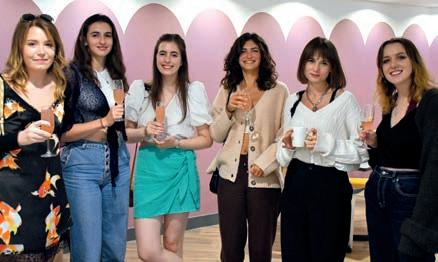






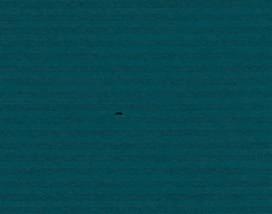



For 2023, this will be the Classes ending in ‘3’: 1963, 1973, 1983, 1993, 2003, 2013.










































We will also be organising online reunions for special ‘5’ anniversaries:


Class of 2008, marking 15 years 24th January, 2023

Class of 1998, marking 25 years 21st February, 2023

Class of 1988, marking 35 years 21st March, 2023
Class of 1978, marking 45 years 25th April, 2023
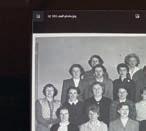
Class of 1968, marking 55 years 6th June, 2023
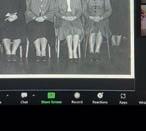
Of course, the Development Team are always happy to support you in organising a reunion for your year group, even if it is not a special anniversary. Perhaps you are all approaching a significant birthday, or you’d simply like to meet up. If so, just get in touch. Call 0161 249 3494 or email development@wgs.org and we’ll do our best to help.


























































Congratulations to our alumnae from the Class of 2019 and 2020 who were finally presented with their Gold Duke of Edinburgh’s Award at a festival-style celebration at Buckingham Palace in May of this year. They were part of a group of 12,000 young people who completed the demanding programme just before or during the COVID pandemic - showing extraordinary creativity, resilience and determination to achieve their Awards while navigating unprecedented challenges and restrictions.
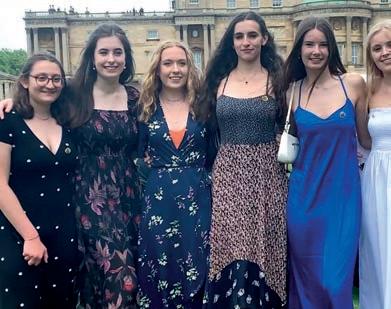
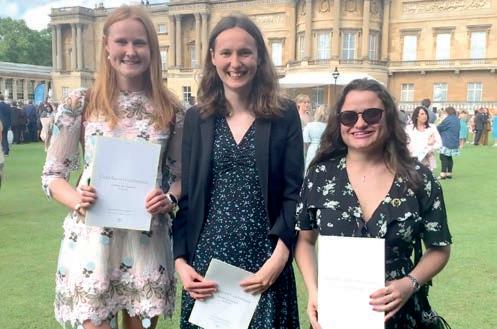



It felt like better late than never for Heather earlier this year. A ter choosing Edinburgh over St Andrews for her first degree in Geography back in 1985, she was delighted to fulfil a dream to study at Scotland’s oldest university.

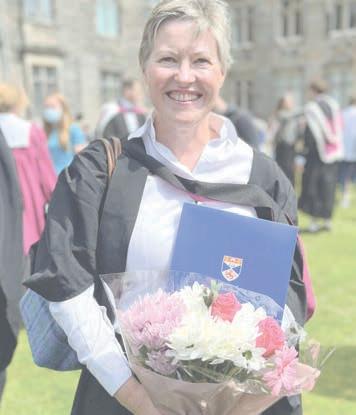
“Finishing a Masters of Science in Sustainable Aquaculture by distance learning on top of a full-time job, was definitely a tougher achievement than my undergrad degree and all the more satisfying as a result!”
We feel sure that there are other alumnae who have received their Gold Award in the last two or three years. Dr. Madden has asked that, if you did receive your award from the Palace, would it be possible to send us a photo from the occasion if you took one? We’re really proud of those who achieve this challenging award and would love to see the pictures and keep them for our Duke of Edinburgh’s archive.




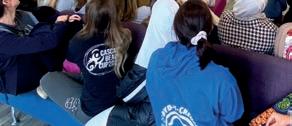



There is nothing like the benefit of experience, and it is with that in mind that we would like to say a huge thank you to all of you who give of your time so generously to enrich pupils’ learning and increase their awareness of the possibilities beyond Withington.











Over the last year, 87 individuals have taken time to support our careers programme by speaking to current pupils about their experiences of university, studying certain subjects and about their career journeys.
Our Languages for Life event in March, o ered a variety of fun language-related enrichment activities exploring the possibilities that language learning o ers. We are very grateful to alumnae who showed such willingness to share their own experiences and expertise relating to language learning. Alumna Janet McBride (Class of 1982), International Enterprise Editor at Reuters, spoke in an assembly of the opportunities a orded to her by language learning and how it opened up the world and gave her an appreciation of other cultures. Janet studied German and Russian at the University of Cambridge before embarking on a post-graduate diploma in translation in several other languages. She has since been a journalist for over 20 years and a member of two Pulitzer Prize-winning teams.
Lower Fourth pupils heard from alumna Professor Verity Harte (Class of 1986) of Yale University, who spoke of her passion for Classics, which was instilled during her time at Withington, and the important role classical languages play in her research in Ancient Greek and Roman Philosophy through working with primary source materials. The week culminated in an evening event at which pupils in Years 9 to 13 were invited to discover how language learning can open opportunities beyond Withington for work, study and leisure. Pupils heard from alumnae and parents who have studied Modern Foreign Languages or Classical Languages at A Level or university and have used the skills o ered by language learning to advance their career and communicate successfully with others.
was selected as one of the Northern Power Women’s 2020 Future List. She was also very informative about the advances in sustainable and cleaner energy for the North West region of the UK in the future.











































During British Science Week, alumna Niku Nobakhti (Class of 2009) gave an inspiring and insightful talk about her work and her career, as well as how she views the future for women in STEM. Niku, a Project Engineer for Costain who has a Masters in Advanced Chemical Process Design,
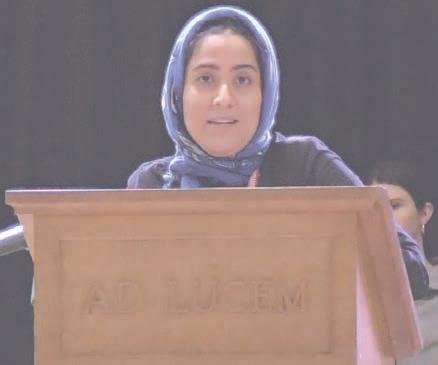
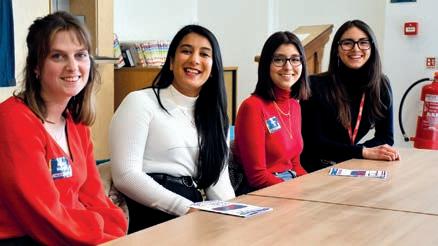
At the end of June, over 40 alumnae from the Classes of 2021 and 2020 answered the call to return to school to speak about their gap year and university experience to the Lower Sixth, who were preparing to make their UCAS choices. In September, nine alumnae who had all attended Oxford or Cambridge Universities joined a session to speak with Upper Sixth pupils about their experiences of being at Oxbridge and the application process. This was an invaluable session for our students and Dr Vilela described the alumnae as ‘fantastic’.
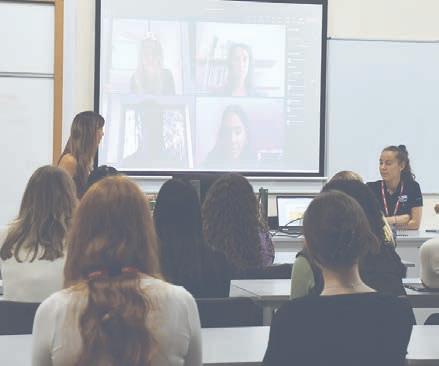
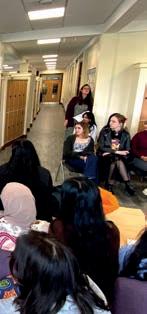
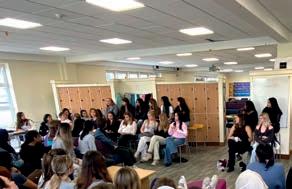
A new partnership venture this year was a joint conference with Manchester Academy called Future Focus. The event, held at the Whitworth Gallery in Manchester, brought pupils from both schools together for Future Focus, aimed at inspiring young women with confidence, developing self-esteem and improving mental health.
Two of the conference speakers were alumnae, Louise Maynard-Atem (Class of 2004) and Niku Nobakhti (Class of 2009). They gave talks on ‘Why Diversity Pushes Boundaries’ and ‘Driving Change’.
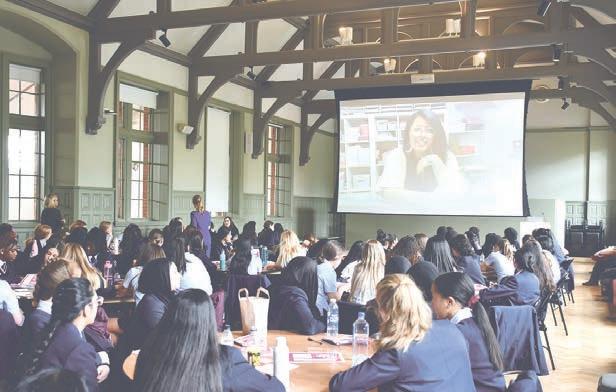
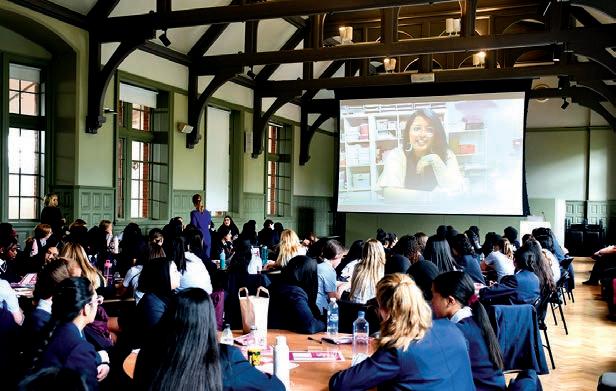
Current WGS pupil, Lara from Third Year, has an ambition to work in Formula One and she had already won a competition to visit the Mercedes Formula One Team Headquarters. She was thrilled to hear that we have an alumna, Clare Sibley (Class of 2005), who is Head of Quality and Manufacturing Engineering at Williams Racing. Clare was kind enough to meet up with Lara online and they had an in-depth chat about working in motorsport and Clare’s experience of being a woman working in the industry.
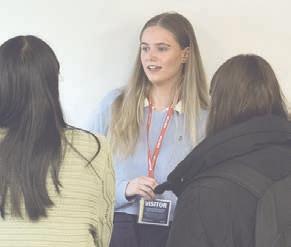
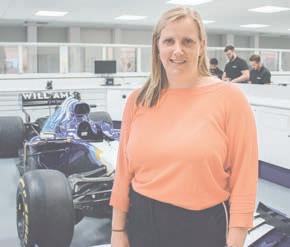
















































Caroline has graduated with a First Class Primary Education with Qualified Teacher Status from Bangor University. Like so many others, her graduation was delayed due to the pandemic, but she was delighted finally to be able to attend her graduation in the summer with her family and said it was a ‘really special day’. She is now a primary school teacher at Myddleton College, Denbigh.
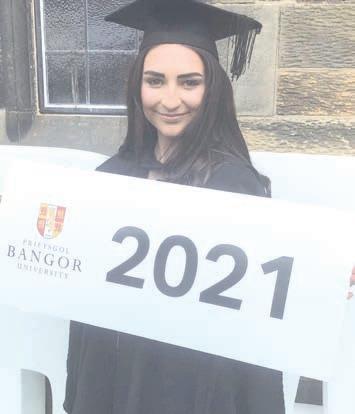
Fiona Townsley (Class of 2021) visited school in September to give a talk to the History and Politics Society (HAPSOC). Fiona has spent her gap year working for the Adam Smith Institute and has just begun studying PPE at Oxford University. In November, a number of alumnae, alongside parents and former parents, supported mock interviews for the Upper Sixth students applying for Medicine and Dentistry. Your support for this important aspect of school life is very much appreciated and extremely helpful to current pupils as they consider their futures.
If you feel that you would like to volunteer to be part of our careers programme, please email development@wgs.org and we will add you to our database and be in touch as opportunities arise.








Becky married Thomas Day in May of this year. They were joined in the celebrations by some of Becky’s great friends from Withington - Abby HarrisByrne, Emily Barlow and Muna Hussain. Becky met Tom whilst teaching in Cambridge and they now live in Ely.
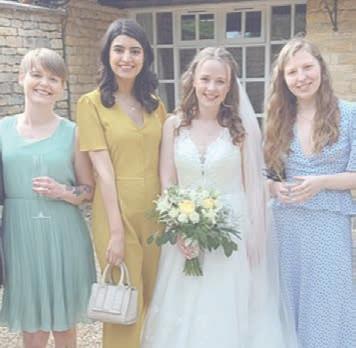
Two WGS alumnae are part of a team of doctors who have set up a charity, Peaches Womb Cancer Trust, to support patients and raise funds for research into the disease.
EMMA CROSBIE (Class of 1991) is a Professor of Gynaecological Oncology whose research interests include screening, prevention and the early diagnosis of gynaecological cancers.
DR ELEANOR JONES (Class of 2007) is a Specialty Trainee (Registrar) in Obstetrics and Gynaecology. The two worked together clinically at Saint Mary’s Hospital, Manchester, and Eleanor is currently undertaking a PhD in novel diagnostic testing for womb cancer under Emma’s supervision. Here, they explain about their work and what inspired them to launch the charity.
“ Womb cancer, also known as uterine cancer or endometrial cancer, is the fourth most common cancer in women and a ects nearly 10,000 women every year in the UK alone. It is more common than ovarian or cervical cancer and yet many people have never heard of it. Womb cancer presents with bleeding a ter the menopause but bleeding between periods or substantially heavier periods is seen in younger women. Many women su er in silence and don’t realise how important it is to get abnormal bleeding checked out. Most women have a benign underlying cause for abnormal bleeding but, if womb cancer is diagnosed early, it is usually curable. Womb cancer is under-researched and until recently, there was no dedicated womb cancer charity in the UK. We, a team of doctors and a Cancer Nurse Specialist from Saint Mary’s Hospital in Manchester, who all manage patients with womb cancer, recognised this unmet need and wanted to change it. In September 2020, we launched Peaches Womb Cancer Trust. Our aim is to improve the lives of those with, and a ected by, womb cancer by raising awareness, supporting patients, advocating for patients and funding research. The name comes from the peachcoloured ribbon that symbolises womb cancer and its “peach sister” survivors.






















To date, Peaches has carried out various fundraising activities and events, including a ternoon teas, sponsored walks such as the “One Million Steps Challenge”, and large event runs. We are raising awareness through our social media channels and presentations that we deliver to businesses and organisations. We support patients through information on our website, patient stories, co ee mornings facilitated by a Clinical Nurse Specialist and informative events and webinars that we deliver, such as our “Living Well a ter Womb Cancer” webinar, which provides help and advice to patients on a range of di erent topics. We have also been involved in NICE (National Institute for Health and Care Excellence)
and SMC (Scottish Medicines Consortium) appraisals for the approval of new medicines to treat advanced and recurrent endometrial cancer. We have awarded bursaries for researchers to present womb cancer research at conferences and set up “Peaches Patient Voices”, a group of patients who are keen to be involved in research and who we link up with researchers when patient involvement is needed. Our hope is that as we grow, we will be able to hold more face-to-face fundraising, awareness and patient support events and eventually fund research projects.

Emma: “My family moved to Manchester when I was 14 and I was lucky enough to attend Withington for my GCSE years. It was by far the best school I ever went to. It instilled in me a love of science and strong desire to become a doctor. It taught me that vision, determination and hard work are key to success. I studied Medicine at the University of Edinburgh and returned to Manchester in 1999 to complete my PhD in HPV vaccines for the prevention of gynaecological cancer, under the supervision of Professors Henry Kitchener and Peter Stern, whose daughters, Sophie Kitchener and Becky Stern, also went to Withington. Since then, I have been awarded two prestigious intermediate career fellowships from the National Institute for Health Research (NIHR) and won numerous prizes and accolades, including Best Obstetrics and Gynaecology Book (2017 BMJ Book Awards), RCOG William Blair Bell Memorial Lectureship for outstanding research (2017), NCRI Cancer Research Excellence in Surgical Trials (CREST) Award (2019), BMJ Role Model (1999) and was Highly Commended in the BMJ Cancer Care Team of the Year Awards (2021). My vision is to improve the lives of women a ected by gynaecological cancers through innovations in clinical care and research.
Eleanor: “I studied Medicine at the University of St Andrews and completed my medical degree at the University of Manchester. I found women’s health fascinating and wanted to be a surgeon and so, a ter my Foundation Years, I began specialty training in Obstetrics and Gynaecology. I am currently taking time out of training to do a PhD with a view to a future subspecialty career in Gynaecological Oncology. My time at Withington made me who I am today. It instilled in me the belief that I could do anything I wanted to do. Extensive extracurricular activities and voluntary work were the norm at school and I learnt that, in life, you get out what you put in. Most importantly, the friends I made at Withington will be my best friends for life. We value and respect each other’s di erences and they support me in everything I do, including lately my work for Peaches.












Team Peaches are full-time healthcare professionals, and our charity work is carried out in our spare time. Our first employee, a Fundraising and Operations Manager, has just started working for us and we hope that she will help us to grow the organisation. Our vision for Peaches includes setting up a patient support line, holding national awareness campaigns and funding large research projects to advance our understanding of the causes of womb cancer and how best to prevent, diagnose and treat it. Such ambitious plans require substantial financial support, and we have a long way to go! If you’re interested in getting involved in Peaches or would like to fundraise for or support us in any way, please contact us through our social media (Facebook, Instagram and Twitter) or via email.”
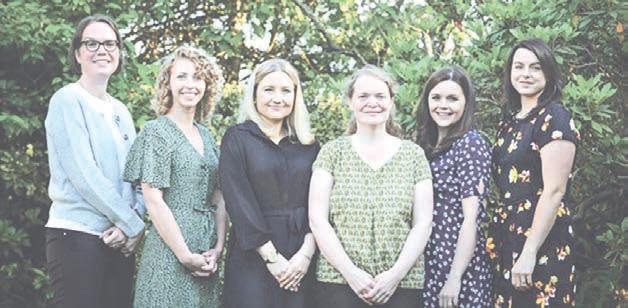
Peaches Womb Cancer Trust Reg Charity (England & Wales) No 1190440



























Email: admin@peachestrust.org.uk
Instagram: @peaches_trust
Facebook: Peaches Womb Cancer Trust Twitter: @peachestrust www.peachestrust.org
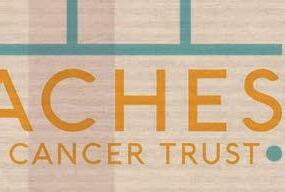










A ter 39 years as an army o cer’s wife, Morag has finally settled in Sidmouth, having moved during lockdown. She has lost no time, however, in finding plenty of ways to meet new people and have fun!
“The only way to settle into the community was to volunteer, and I’ve had the time of my life. My current activities include stepping out with Sidmouth Steppers, Ladies North West Morris group, becoming living seaweed for the annual Sidmouth Sea Fest created by the Sidmouth Coastal Community Hub, and in my spare time I can be found trig bagging in a Salamba Sirsasana (bound headstand) posture. Just wish there were more hours in the day, as I’ve given up being a Museum Steward and a conservation volunteer for Friends of The Byes, but added retail volunteer for the National Trust & our local Sue Ryder Charity Shop.
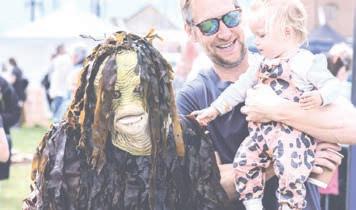
As an aside, our year’s Head Girl, Gillian Tait (née Price), came for lunch last summer, on her way home from a walking holiday in Cornwall.”

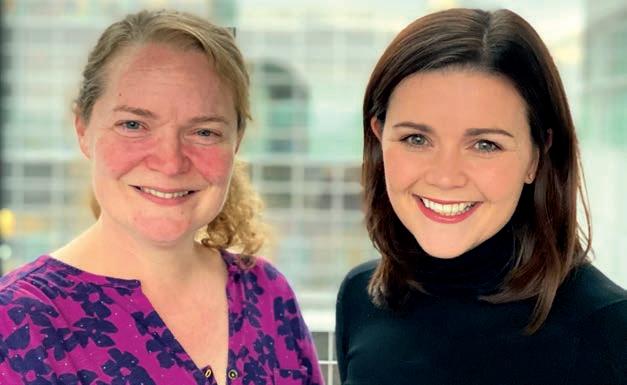

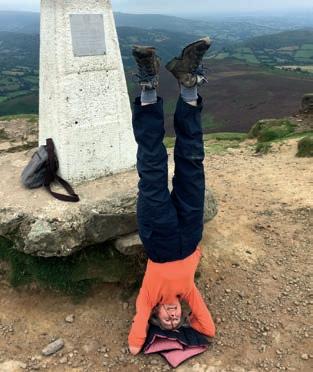










































We’re sure that alumnae who are fans of the classic film, The Railway Children, will be as thrilled as we were to hear that a Withington pupil had a major role in this summer’s sequel. For Eden Hamilton, then in Upper ll, it was her debut film role. She starred in The Railway Children Return alongside Sheridan Smith and Jenny Agutter, who was reprising her role as Roberta ‘Bobbie’ Waterbury from the original film.

Eden played Pattie, the middle child and youngest daughter in this next generation of The Railway Children. Whilst appearing on BBC Breakfast in July, Eden described Pattie as someone who wears her heart on her sleeve, doesn’t take any nonsense, and doesn’t like dresses.
The film was shot during May and June 2021 and o ers a revival of the classic plotline, this time following three children from wartime Manchester who are evacuated to Oakworth, the same village as the original. Eden is in fact the only actor among those playing the roles of the three evacuated children who comes from Manchester.
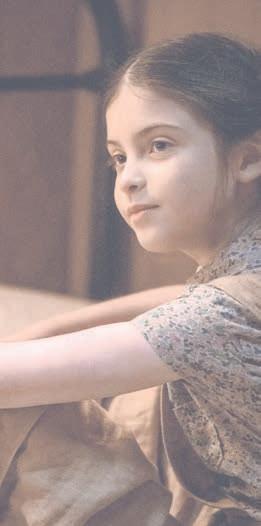
Before the premiere in July, Eden also appeared in the WGS Junior production of Matilda the Musical Jr. playing the part of Miss Trunchbull and looking rather di erent, thanks to her compelling costume and makeup.
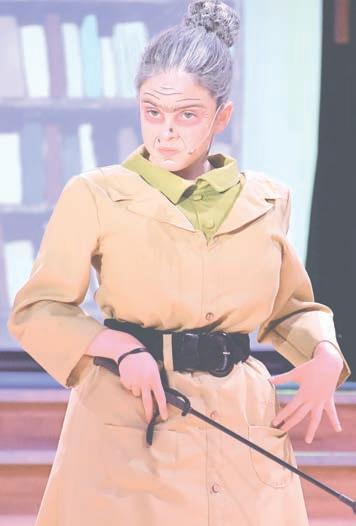
The Railway Children Return cast reunited for the world premiere at Keighley Picture House following a train ride from Oakworth Station before the London premiere on 10th July.
Eden said: “It’s been such a privilege to be part of the Railway Children family. I had only just seen the 1970 original on TV at Christmas when I was asked to audition for Danny Brocklehurst’s sequel in January 2021. It was so interesting to see how he’d used the themes and locations from the original and set it during WWII, which is one of my favourite time periods, thanks to our Form teacher, Mr Lazenby. Jenny Agutter was great fun to work with - we recreated The Sound of Music in the Yorkshire Dales between takes!”
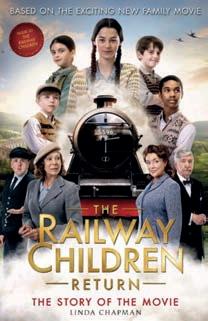
Covid shaped both the audition process and the actual filming. Eden was cast as Pattie a ter a series of Zoom auditions with the Director, Casting Director and Producer. Once cast, it was down to London to meet Dinah Collin, the Costume Designer, who had created a mood board for the character of Pattie.
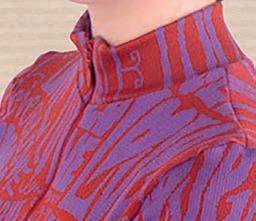


“I made her job a little more di cult by announcing that I was allergic to wool, so she had to create my costumes entirely from cotton! Dinah wanted earthy colours to reflect Pattie’s rebellious and no-nonsense attitude, which is how I ended up in a palette of taupe, green and purple ochre. My footwear was very uncomfortable, and I had to have multiple pairs of identical vintage leather shoes in di erent sizes in case my feet grew during filming. On my first day on set I had to run up and down a hill about 25 timesmy feet were really sore a ter - there really is nothing glamorous about filming!
It’s been fascinating to see the story come to life, but since the scenes are mostly filmed out of sequence it’s hard to imagine how it will all look until you finally see it, all edited together with the soundtrack - and so through the magic of cinema a downpour can be turned into summer sun.”
In the Spring of 2022, the new extended and refurbished Dining Room facilities were completed and everyone was delighted to be able to eat together once more, rather than eating in form rooms, as we had been doing both during the pandemic and whilst the building work took place. As well as the Dining Room, Sixth Form Bistro and sta dining area, the work also included a spectacular multi-purpose function room, dedicated learning support centre and additional o ce and meeting space. The final strand of a 10-year school redevelopment plan, the building project has delivered approximately 450 square metres of additional space and has transformed the dining experience for both pupils and sta .
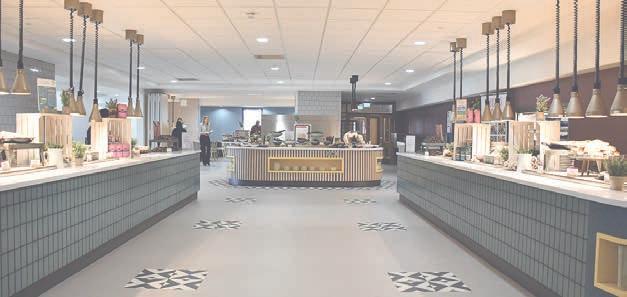
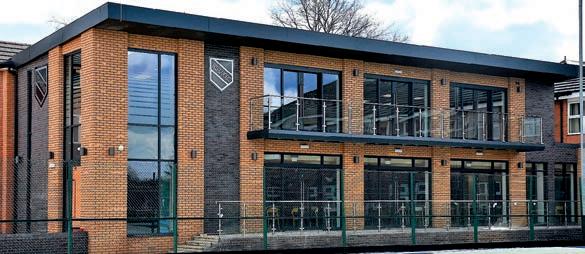
“The end result of this major project is simply outstanding, and we have seen the immediate benefit of these bright, airy and well-equipped dining facilities for both pupils and sta . Our community is again able to gather at breakfast, break and lunch to enjoy one another’s company,” said Mrs Haslam, adding that a commitment to the wellbeing of pupils was a key driver of the development project.
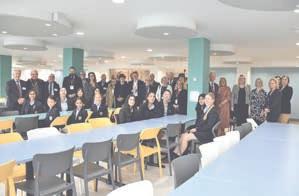
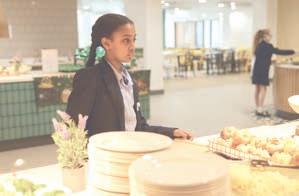

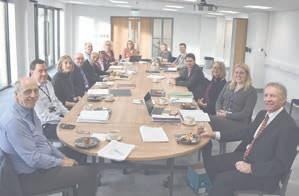



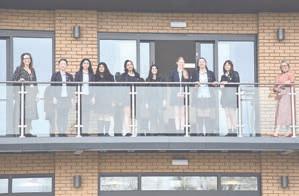















































Kirstie is a Clinical Assistant Professor in Equine Medicine at Nottingham University. Earlier this year, she received two Lord Dearing Awards for Teaching and Learning from the university. The first was an individual award for her e orts to promote awareness of autism and other neurodivergent conditions. The second was a team award as a member of the School of Veterinary Medicine and Science Mental Health Awareness team.
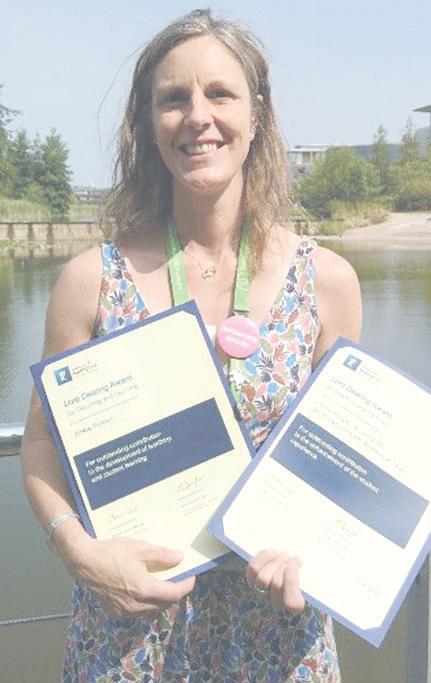
KATE DODD (Class of 1996) is a Legal Director in Employment and Equality Law at Pinsent Masons in Manchester. She has a specialism in diversity and inclusion.


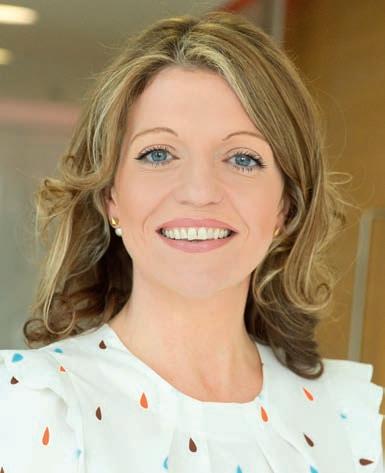

















Following her experience as a Big Sister on the Girls Out Loud mentoring programme, she joined their Trustee Advisory Board. Girls Out Loud is a social enterprise that facilitates intervention programmes in schools to empower girls to harness a positive sense of self. Their Big Sister programme involves recruiting and training role models from diverse backgrounds to mentor teenage girls for 12 months. They aim to embed a more empowering mindset in girls, which in turn, reconnects them to education, helps them achieve exam success and broaden their aspirations, encouraging them to find their individual voice, make better life decisions, improve their self-image and become role models for future generations.
How did you become aware of Girls Out Loud?




















I first heard of GOL in 2010 when colleagues from the law firm talked about becoming ‘Big Sisters’. At the time I was focused on my young family, so it wasn’t until 2019 that I started getting really involved.









I spoke to my firm, Pinsent Masons, and they generously agreed to fund five women to become Big Sisters. Having interviewed everybody, I decided I also wanted to become a Big Sister. There is a cost (approx £1,000) to become a Big Sister, which covers the training needed, learning mentorship and other events. I did a triathlon to raise the funds - and people were willing to sponsor me when they found out I was going to swim in Chorlton Water Park - something I won’t be doing again having found out about the eels, but that’s another story!
What does being a Big Sister involve?
Once you’ve signed up, you get allotted to be part of a programme at a specific school. You have a full day’s training with your fellow Big Sisters, and then meet the girls at their school at a launch event. You then meet them once a month over the course of a year. There are set activities (such as a Girl Code workshop) and you are given ideas of things to do during the meetings; for example, cra t type activities that you can do together. The idea is that this makes it easier to chat and build up a rapport as you have a conversation over the activity.
How do Girls Out Loud prepare you for being a Big Sister?
It costs about £1,000 to become a Big Sister but this covers a lot and I think what you gain from it personally is huge. As well as a day’s initial training before you start, it covers the group events that you attend jointly with your Little Sister and the other Big and Little Sisters from that school. It also means that every time you go to the school to meet your Little Sister, there is a member of the Girls Out Loud team on hand, just in case any issues are raised that need professional support.
The initial day’s training is incredible. You are asked to reflect on our own teenage years and, if you are a parent, on your own parenting style. The whole day is a workshop - learning how to talk to young people; how to relate to them, how to understand their world. For me, who had children a little bit later, it was incredibly helpful in making me think about how di erent life is for teenagers today. We didn’t even have mobile phones when I was at school and didn’t grow up with social media and the associated pressures. It was possible to leave school at the end of the day and to leave it all behind. There isn’t that option any more.
Until I did the training to be a Big Sister, I just didn’t understand self-harm, for example. It’s quite scary, all the pressures that these girls are under, and can lead to problems with body image, sexting, etc. The training really helps to increase your awareness of these issues.
The brilliant thing about Girls Out Loud is that they do a ‘chemistry match’; prospective Big Sisters fill in a questionnaire, the girls do the same and then you get paired up. You and your Little Sister sit down and you suddenly realise that you have got things in common with each other. For example, one of my fellow Big Sisters had been a librarian at school and the Little Sister she was paired with was also the librarian. What was your experience like being a Big Sister? My only experience of school was of being at Withington, so it was quite a contrast walking into a large, inner-city, mixed comprehensive.
One of the best sessions I remember was the Girls’ Code group session. It explores what it means to be a girl today. It’s understanding about peer pressure and the di erent friendship groups that are in a school, the sporty ones, the popular ones, the musical ones and so on. The Girls Out Loud programme is designed to help girls to navigate these challenges and develop a positive, individual mindset.
One of the reasons Girls Out Loud exists is to provide female role models and to raise aspirations. As a Big Sister, your first job is to develop rapport with your Little Sister and this can take time. Part of the process of building rapport is understanding the girls without judgement. Their experiences will probably be very di erent to yours. Sometimes rapport comes easily. I found it challenging at first to have that rapport with my Little Sister - I think she was a little suspicious of me initially. But because it was so much harder, once we had established that rapport, it was very rewarding. My Little Sister was very bright and loud but also had a reputation as a bit of a trouble maker (which turned out to be totally unfounded). As time went on, we were able to talk through some of the issues she was having in school, and what this reputation might be a ecting. She started to become someone who could see very di erent opportunities for herself in the classroom. I was also able to open up the possibility to her that she might want to consider going into Law in the future; something she wouldn’t necessarily have considered and something for her to think about.
What did you gain from the process? It’s rewarding in so many ways. You feel as if you are making a di erence and you learn a lot in terms of what it means to be a young person today.
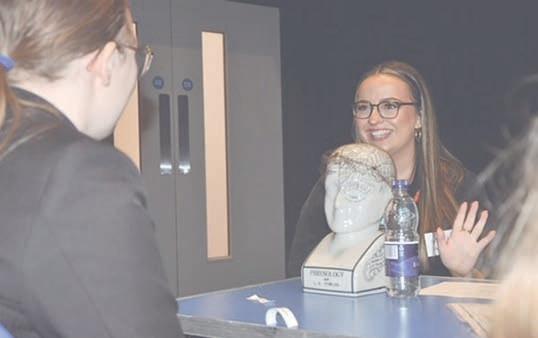

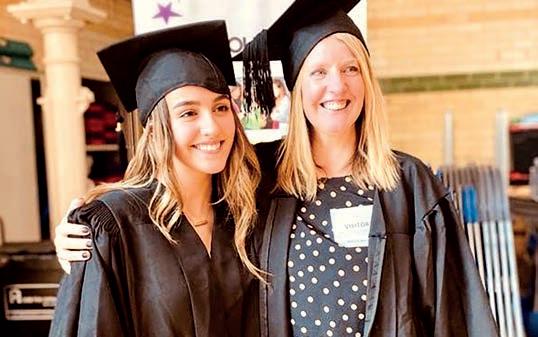
Through being a Big Sister I gained a real desire to do more for Girls Out Loud and I was invited to join the Trustee Advisory Board. As a Board we come together to talk about future ideas, fundraising - which is crucial as there is no government funding for this- and discussing which employers to approach who might want to sponsor some of their employees to join the Big Sister programme.

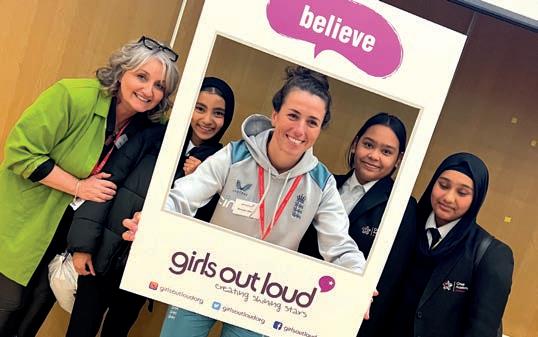
As a Big Sister you become part of the Big Sister Club. During the 12 months of the programme, you come together as a cohort of Big Sisters and talk about how you are getting on. Once your cohort ends, you stay a member of the Big Sister Club and have a great opportunity to build connections with other working women across all sorts of organisations. I’ve been invited to be a speaker at several Big Sister events and have talked about topics such as imposter syndrome.
More than anything, it’s something totally di erent in your day. You can’t go in there and worry about other things. You’re immersed in this young person’s life for the hour that you are there, helping them to think about what they want to do or how they aspire to do things di erently. What do you think gave you the confidence to succeed in your career?

I definitely think it starts at school and I think that’s exactly why Girls Out Loud exists - to help girls who need it to start to find that confidence. In a school like Withington you are encouraged and even expected to shoot for the stars! Everyone’s doing well, so you strive to do equally well. I had two actual big sisters at Withington, so I had a clear path to follow, but it’s not the same for everyone.


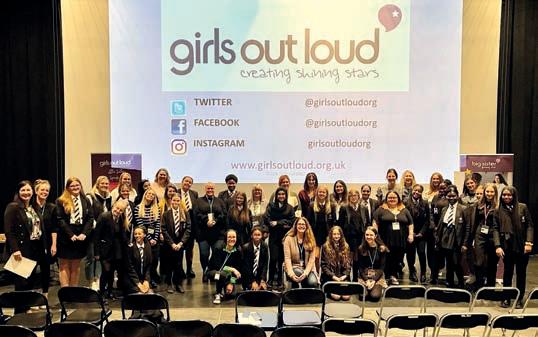
on page 27...




































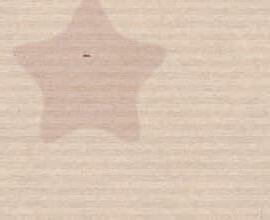




















from page 26...














One element of confidence that you get from being at Withington is that you feel your voice deserves to be heard, that what you have to say is worth listening to. Rather than standing in the shadows and waiting to be tapped on the shoulder, you’re taught that it’s right to fight for and pursue your dreams. I remember leaving school thinking that girls were fundamentally better than boys in every way. Therefore, why would I ever be silent when there was a man around the table? Because my voice was just as valid as his.
Current Withington students coming into contact with alumnae is so important. Having those role models available makes such a di erence. It’s really emphasised to you that anything is possible.
O ten, these Little Sisters don’t have those role models and don’t have the confidence that their voice deserves to be heard. They stay silent and stay in the shadows, and they need women like us to help them find their voice. Your background is in diversity and inclusion, has your experience with Girls Out Loud made you reflect any di erently on that?
It certainly did make me reflect on the educational opportunity to get into Law - on how a seemingly traditional profession like Law appears to someone from a completely di erent background.


I also believe that workplaces need to get involved more in secondary schools to broaden young people’s awareness of future career pathways, especially when students are making their choices around GCSEs and thinking about their futures. That’s when they need role models to say, ‘Have you thought about this as an option?’
I’ve also reflected on the perceptions we may have when interviewing candidates for vacation placements or training contracts in my profession. Being involved in something like Girls Out Loud has given me a new understanding, for example, that candidates may not necessarily have the resources or know the expectation of what to wear to an interview. It made me reflect much more on how we can do better when we are trying to recruit best talent. There will be people out there who would make a great Big Sister, but perhaps don’t think that they have anything to give - what would you say to them?
One of the best things we’re asked to do in the training is to think about what we would say to our 13 year-old selves. All of us have got something to say to that 13 yearold and that’s the starting point for becoming a Big Sister. I’ve yet to come across someone who hasn’t enjoyed it. Some people go into it with trepidation but, once they do it, they really, really enjoy it.
If you are interested in finding out more about Girls Out Loud or becoming a Big Sister, individually or through your employer, there’s more information on their website https://girlsoutloud.org.uk/. Or, of course, please do drop me a message via LinkedIn (I’m Kate Dodd at Pinsent Masons). I promise you won’t regret it!


and RUTH COXON had been walking their dogs at The Carrs, Wilmslow, for many months, o ten stopping to chat, unbeknown of any connection. There was always a lot of fun banter which led to numbers being exchanged and the first doggy day out being organised.
On that day over co ee, Kathryn and Ruth were chatting and discovered, to their amazement, that their paths had crossed before. They were the same age, had both attended Withington and were classmates from 1966 till 1976! A ter 46 years, Kathryn Owen and Ruth Parish had been re-united (thanks to their mutual love of dogs) and have now gone on to form a wonderful friendship. They had been in the same class throughout their time at Withington, from the time they joined the Junior School as 8 year olds. Although not in the same friendship group, they shared a number of interests. They were both in Lejeune and thoroughly enjoyed playing netball matches, with Kathryn taking her favourite position as ‘Goal Defence’ and Ruth o ten playing ‘Goal Attack’. They report that back then, in the 70s, there was much rivalry between the houses, particularly between Lejeune and Scott. When it came to sport, it became very competitive: hockey, lacrosse, cricket, along with the annual Sports Day, produced some very tense and nail-biting finishes!
A ter Withington, their lives took them in di erent directions:

Kathryn:





















“A ter studying I went into the business world and joined a firm of Chartered Accountants on King Street in Manchester. A ter 12 months, I was lucky enough to secure a position with Arthur Andersen & Co, which was the start of a very successful and enjoyable 30-year career. I worked with the Managing Partner from 1979-1982 in the Manchester o ce and, upon his promotion to a more global role, we moved to the London o ce where I remained until 1992. My role there was very varied and included working closely with The Rt Hon Edward Heath and his Parliamentary Private Secretary/Security team, as well as being responsible for organising several overseas Worldwide Partner Meetings and global Customer Care Projects.
In 1992, I made the decision to return to Cheshire. The opportunity arose as there was a vacancy for an O ce Manager
in the Manchester o ce for Andersen Consulting. The role involved all aspects of management and I thoroughly enjoyed the experiences and challenges for 17 years. I took early retirement in 2009. Since then, I have worked with my brother on an online business (sleepcurve.com), and although I am still involved on the sidelines, I now enjoy meeting up with my friends and walking with my two beautiful Labradors. I am so thrilled that Ruth and I have reconnected a ter so many years; our paths crossed and it is so special.
Ruth:
























“A ter further studying, I went into the medical field, initially working at Withington Hospital in South Manchester and later at Stuart Pharmaceuticals and then ICI, based at Alderley Edge. I worked for ICI/AstraZeneca for 30 years in a variety of roles, finishing my career as Global Change Programme Manager, a role I really enjoyed. A ter taking early retirement in 2012, my biggest passion has been my dogs and I’m a volunteer for a number of animal charities. I’ve taken several qualifications in dog training, dog communication & behaviour and now run a dog training club in the area. When time allows, I thoroughly enjoy travelling. With my mum, Patience Parish (née Johnson) having attended Withington, and then myself there was only one school our daughter could attend! Alison Coxon attended from 2004-2011, being elected Head Girl in her last year. We are very proud to have had three generations at the school.”
The two alumnae say: “One of our favourite memories was Founders’ Day at the Whitworth Hall in Manchester. Every year in October, all the pupils would attend this most magnificent, historical building, along with the teachers who looked so impressive in their colourful graduation gowns. We’d listen intently to the eminent speaker sharing their words of wisdom and one year, a ter O Levels, we were lucky enough to be invited onto the stage to shake hands and collect our book of choice.
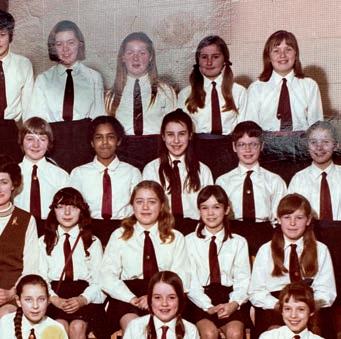
It was a real highlight! If it hadn’t have been for Freddie & Betty (the black Labradors) and Digby & Amber (the cockapoos) we wouldn’t be able to tell the tale (or is it tail)!
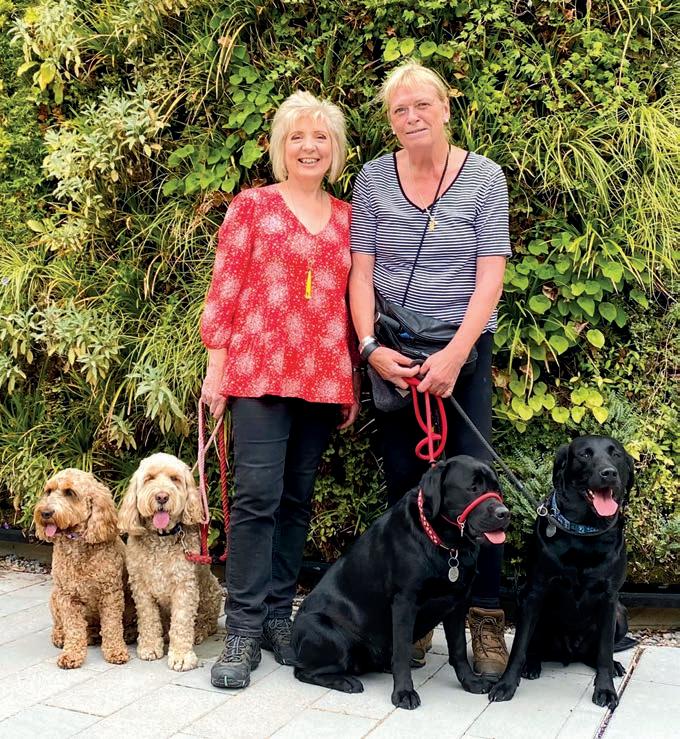
It’s a story of such coincidence, we wanted to share with our fellow Withingtonians!”
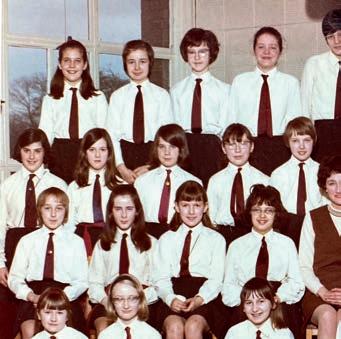



Ruth




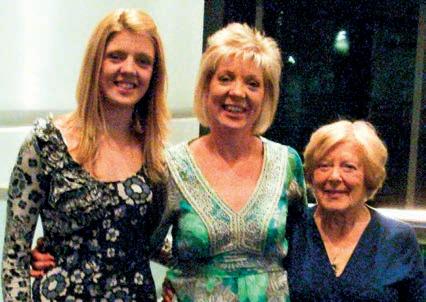




It was a great pleasure to welcome Denise Parnell (Class of 1979) back to Withington in November to speak at a Senior School assembly.
She also shared with pupils that not one of the Grand Slam tournaments has yet had a woman as the number one referee and that being the number one referee at Wimbledon is the goal she is aiming one day to fulfil. Drawing her presentation to a close, Denise urged the girls to go a ter their own goals. She told them that Withington prepares them well to believe they are capable of fulfilling their ambitions, that they should always aim towards the light and not be afraid to break through any glass ceilings that they may encounter.
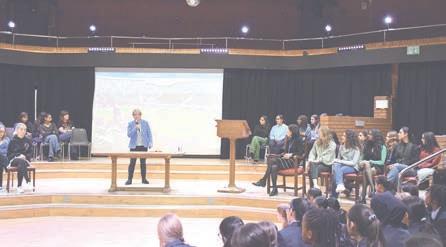
Denise is an alumna who is truly breaking through the glass ceiling in her chosen field. A former professional tennis player, Denise is now the number 2 in the Referees team at the Wimbledon Tennis Championships. She is in charge of both the Qualifying Tournament and the No 1 Court during the Championships. In tennis, the referee is the person responsible for all aspects of a tournament, including the conduct of players, coaches and spectators and for the draw. The referee is also the final authority on all questions of tennis law and the sole authority on the suspension of play due to weather and other concerns. They are also present on court in the event of a medical ‘timeout’, to explain procedures and regulations to the player and trainer and ensure that there is no unfair advantage.
Denise holds the highest qualification awarded, ITF (International Tennis Federation) Gold Badge Referee, a position held by only 13 women out of 60 Gold Badge Holders. During her career, she has o ciated at the Olympic Games in Athens and, since the year 2000, has been designated as Referee of a variety of international events in 43 countries. She is still one of just a few female referees working at ATP (Association of Tennis Professionals) events. A real high for Denise was being awarded Referee of the Year 2021 by the Association of British Tennis O cials and the LTA. In addition to her o ciating, Denise runs her own consultancy business, working with two high-tech companies who provide scores and statistics and advanced TV graphics.
There was a definite moment of shared experience felt around the Arts Centre when Denise described to current pupils that having to sort a problem out on court with a top player was nothing in terms of nerves, compared to when she sat the entrance test for Withington!













Denise went on to tell the students how she has persevered in her goals; first to be a professional tennis player and then in her journey to become one of the foremost referees on the professional tennis circuit. In 2021, Denise was appointed Referee of the pre-Wimbledon event at the Queen’s Club - the Cinch Championships. This was the first time ever that a woman had been appointed as Referee of a Men’s Professional Tour event anywhere in the world.
We can’t wait for Denise to reach her goal of becoming Wimbledon’s number one referee and will certainly be cheering her on from Withington!
Could you feature in the next edition of Withington Onwards?
Or do you have news that you would like to share with your fellow alumnae?


























If so, we would love to hear from you!
O ten, the stories that we feature in this publication have come to us completely by chance - we have seen a social media post, or someone has emailed us because they want to be remembered to a particular teacher.







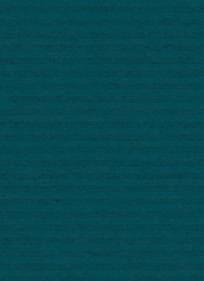
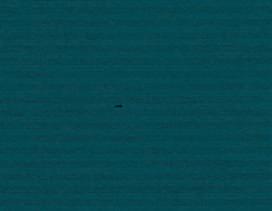

























We know that most of our alumnae are very modest, but we are always keen to hear about the interesting things that you are doing, either professionally, or in your spare time.
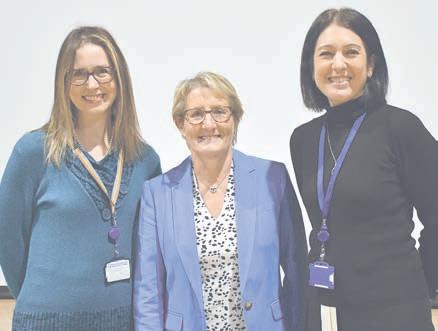
If you have some news to share, please email us at development@wgs.org.
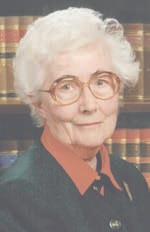
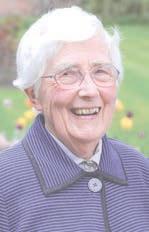
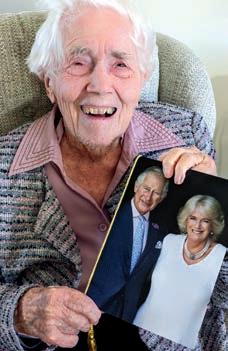
Congratulations to Miss Hulme who celebrated her 100th birthday in November. Mrs Haslam and Lesley Dowdall, Director of Development, were very pleased to be able to visit Miss Hulme to convey the best wishes of all at Withington. They passed on birthday messages from former pupils and sta in a card designed especially for the occasion. Miss Hulme was also delighted to receive a card of congratulations from the King and Queen Consort - surely still one of the first people to receive one.
Miss Hulme was Headmistress of Withington from 1961 until the end of the Autumn term 1985. When she le t Withington, a farewell song was written for her by alumna Sasha Johnson Manning (Class of 1981). This was recreated and recorded for Miss Hulme by the current Senior Choir, with the words modified to reflect the fact it was her special birthday.














Having attended Girton College, Cambridge, where she was awarded a Rowing Blue, Miss Hulme became a teacher, eventually taking up her post as Headmistress at Withington. During her time here a number of significant building projects were undertaken, beginning with a new Dining Room and including the Arts Centre, still very much in use and recognisable today.
But perhaps Miss Hulme’s lasting legacy to Withington was the creation in 1976 of the WGS Trust in response to the impending abolition of the Direct Grant Scheme. When the governors decided that Withington should become an independent school, it was Miss Hulme who had the foresight to realise that something was needed in order to maintain the founding ethos of the school; that Withington should remain a community centred on equality and opportunity, regardless of a pupil’s social background and financial situation.
Today, the Bursary Fund continues to uphold those aims. Over the years, countless girls have benefitted from all that a Withington education has to o er, and have gone on to flourish in their chosen professions. In honour of Miss Hulme’s 100th birthday, it has been decided that the bursary fund will now be known as the Marjorie Hulme Bursary Fund (see p.12). Happy Birthday and thank you, Miss Hulme!

















































 Hutton
Hutton

In July 2022, Diane became the Lord Lieutenant of Greater Manchester, the monarch’s representative in the county. It was in this capacity that she was invited to attend the funeral of Her Majesty Queen Elizabeth II on 19th September 2022.


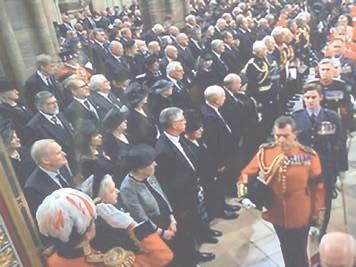

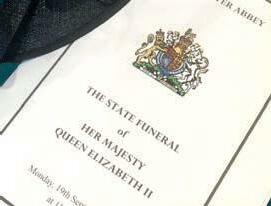
“It was the most unbelievable privilege to attend the funeral of Her Majesty Queen Elizabeth II as the very newly installed Lord Lieutenant of Greater Manchester. Taking our places in Westminster Abbey just a ter 8am and watching people from all walks of life take their seats was quite surreal. Her Majesty’s co n was carried past only a few feet away followed by the new King and all the Royal Family. Everyone watching at home undoubtedly saw far more of the events of the whole day on television, but the sights and sounds etched on my memory from being physically present in the Abbey will remain forever.”
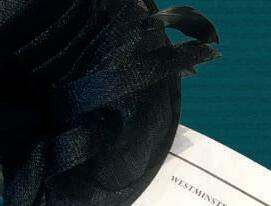

Over the summer months, a number of classrooms were relocated, the Founders’ Room being one of them! Now the walls of Room 19 are adorned with images of the Founders, photographs of past Headmistresses and Withington memorabilia. Room 19 is the perfect place to present our historic pictures, with the wooden panelling, large windows and the spectacular fireplace setting the scene for a Victorian-inspired classroom. This room continues to be used as a space for learning, and it is lovely that our pupils have the opportunity to feel connected to our heritage and history. We are also delighted to have a permanent and secure new home for our ever-growing archive collection, and we are slowly in the process of writing a new inventory and safely storing all of our books, photographs, objects and items of uniform. This has proved to be an opportunity to rediscover forgotten memorabilia, unearth fascinating reports and to learn from heartwarming correspondence. Here are a few features of the archive collection that are worth highlighting...













1898-1943
This is a slightly dishevelled looking hardback book, which at some point has lost its front cover! The pages are classically ruled and contain beautifully handwritten notations in ink. The first page states, ‘A meeting of old girls was held on Dec. 19th 98 at Withington Girls’ School, with the object of forming a senior club.’ Ten previous students were present at the inaugural meeting. Headmistress, Miss Greenwood, was elected as President, and Madeline Scott was elected Captain, amongst other positions that members were given. The manuscript goes on to record, that ‘It was arranged that three or four meetings were to be held annually, and an annual hockey match and senior tournament should be played against the present girls.’ The book goes on to document further general meetings, discussions about events, tennis and cricket matches, dance evenings and dramatic performances. It is wonderful to consider that the original members of the Senior Club founded such a special society, and this now continues to this day, as our alumnae association. We are fortunate to be able to navigate the early years of the club through this interesting archive record.
1907-1908




Pinned to a wooden board and handwritten in black and red ink, the scheme of work for the whole school is presented on ageing paper. It is intriguing to find out what lessons pupils took part in during 1907 and 1908. Along the le t-hand side, the subjects Latin, German, French, Algebra, Geometry, Arithmetic, Science, Geography, Literature, History and Scripture are neatly written in capital letters. The main columns for each year group are divided into three terms and contain detailed listings of the curriculum. At the bottom of the board, it is noted that throughout the school, Drawing, Calisthenics (a form of exercise) and Games are compulsory. Activities such as Carpentering, Needlework, Dancing and Gymnastics are voluntary. It is amazing to think about the similarities and di erences between the schemes of work at school today, compared to that of the Edwardian era.


We have numerous badges that in a past life have been pinned to school blazers, attached to pinafore dresses and have adorned school shirts. These badges, we are sure, have been worn with the upmost pride! Many of the brooches state our school motto, Ad Lucem, and have been awarded to girls for their e orts playing cricket, lacrosse and hockey. Other badges indicate which house the pupils belong to, or that the wearer is a prefect, form captain or a member of a school committee. One particular badge, formally belonging to Margaret Rothband (Class of 1941), was used as an important form of identification during the evacuation of school children during World War II. Our box of pin badges is slowly filling up and we will cherish these items, knowing that they were worn by so many of our Old Girls.




























Hanging up on display in the archive o ce, we have three old lacrosse sticks. On all three pieces of sporting equipment, the scoop, throat, sidewall and handles are formed of hard and sturdy wood. The mesh and pockets are made from interwoven leather tonging and discoloured white cords. Discretely carved into the parts of the wood are names of the owners and former players. We wonder if these lacrosse sticks were used for any exhilarating and inspiring matches against other school teams. These lacrosse sticks are quite a contrast to those used today! It is fantastic to think that our school was one of the very first to play lacrosse on such a scale, and how the sport has grown in popularity and strength over the years.


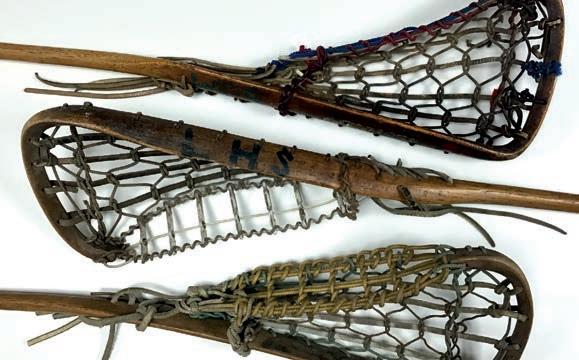

We have thousands of photographs that document the development of the school site, openings of new classrooms, trips abroad and images that depict the day-to-day life of pupils and sta . These are all organised into themed folders and are placed in archival plastic folders to aid the longevity of the photographs. Alongside these folders, we have files that contain images of important and memorable events, such as the Royal Visit in 1990 that was organised to commemorate our Centenary year. The Princess Royal visited Withington and we have photographs that show her signing a commemorative book, walking into the Arts Centre, looking at displays and watching science demonstrations by pupils. It is a wonderful experience to find and admire so many archive resources that have been stored away for so long. Once our Archive O ce is up and running formally, we will be able to invite many more researchers and history enthusiasts through our doors. We are already full to the brim with blazers and school newsletters, but if you have any other school-related items that you wish to donate, rest assured that they will be well looked a ter. If you would like to discuss any archive-related matters, please get in touch: archive@wgs.org





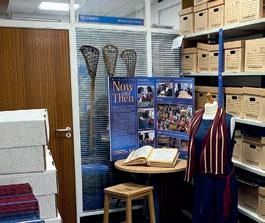








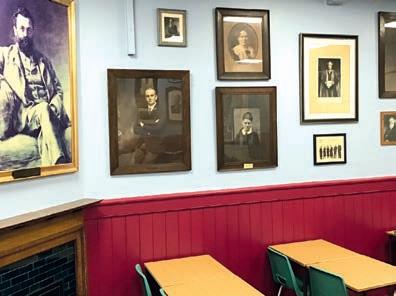




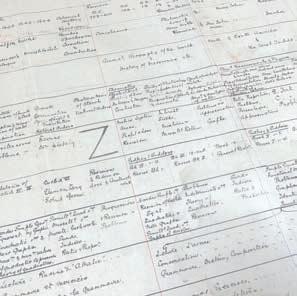












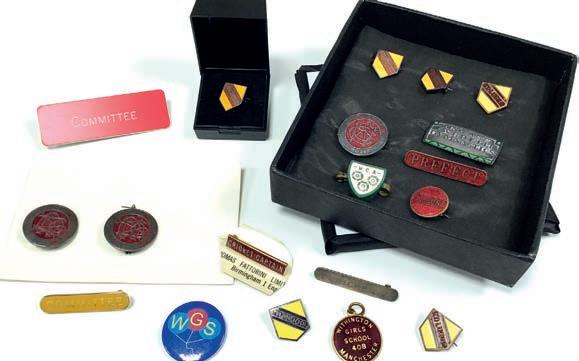



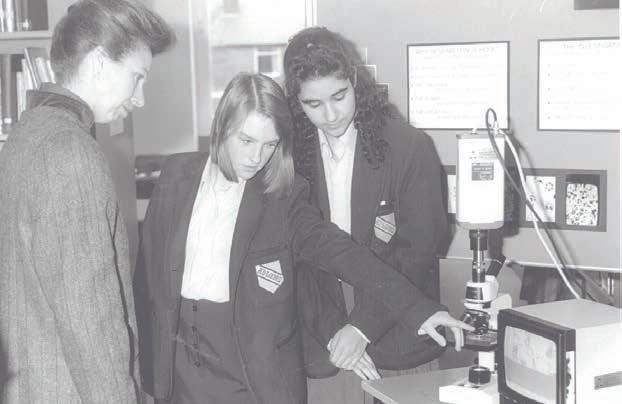



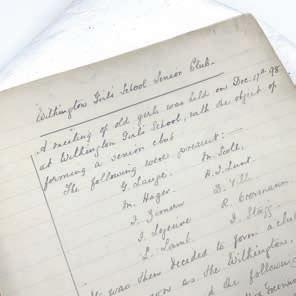





















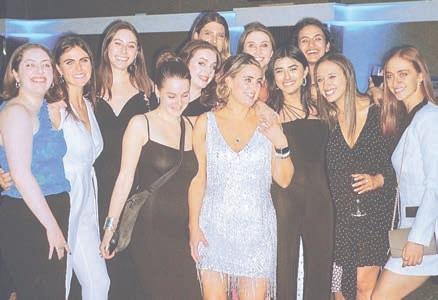
In October, a very special event took place at the Midland Hotel in Manchester to celebrate the 25th birthday of Lucy who died very suddenly in 2016, shortly before her year finished their time at Withington.
Lucy’s mum, Emma Knight, organised a masquerade ball to celebrate Lucy’s birthday and to raise much needed funds and awareness for Manchester based children’s bereavement charity, Once Upon a Smile. The evening was attended by 350 people, over a third of whom were former WGS pupils and sat members, including Elizabeth Robinson, Head of Sixth Form and Clara Edge, Teacher of English.
Mrs Robinson said: “It was a wonderful event, so many of the Class of 2016 were there and it was just lovely to see them all. There were other students there too, from other year groups. It made me feel quite emotional to be honest.”



Mrs Edge said: “It was so lovely to get together with so many WGS alumnae to celebrate the life of lovely Lucy! Lucy was so full of fun and joy that I think that she would absolutely have loved this massive ball and party. It was great to catch up with so many of my past pupils!”
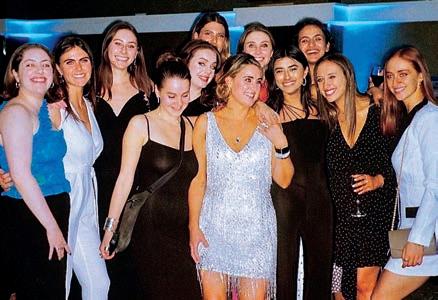
Emma said: “It was incredible to see so many people creating such a heart-warming and unforgettable evening in memory of Lucy, and of course the icing on the cake was raising £40,000 for Once Upon a Smile.”
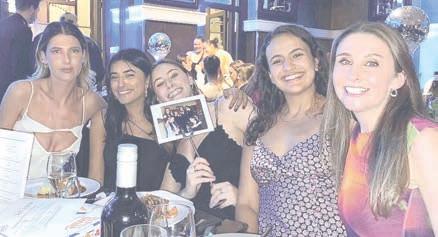
If you would like to make a donation in memory of Lucy, there is a JustGiving page: https://www.justgiving.com/fundraising/ emma-knighton8









































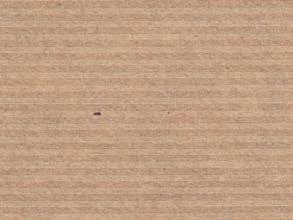

We always enjoy welcoming alumnae or their families back to Withington. Earlier this year, the family of Joyce Eke (Class of 1938), who were visiting the UK from California, asked if they could tour the school to find out more about their late mother’s early life. She had emigrated to the United States a ter marrying their father. They were interested to see anything held in our archive from Joyce’s time at school and our archivist Hannah was able to oblige. The three sisters really enjoyed their visit.
Dr Hilary Wise (Class of 1962) had not returned to Withington since leaving school, despite her happy years here. She visited us in the Autumn and had lots of fond memories of her teachers, Miss Boucher and Mrs Hill. Hilary studied languages and linguistics and was a lecturer at the School of Oriental and African Studies and at Queen Mary’s prior to retiring. She kindly spoke to current Sixth Form pupils, encouraging them to study languages and linguistics. She also donated a copy of the book she has written, The Vocabluary of Modern French to the school’s Library with a hand-written dedication to the school.
If any alumnae would like to return to school for a visit, you would be most welcome. Please email development@wgs.org or phone 0161 249 3494 to arrange this.










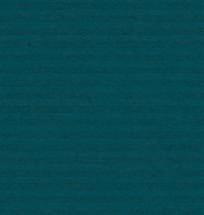





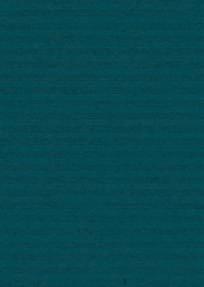




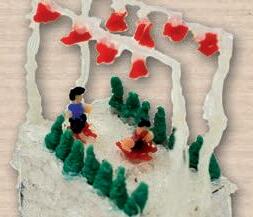

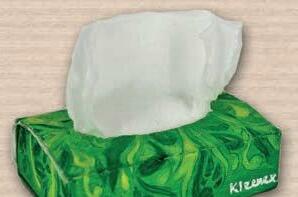




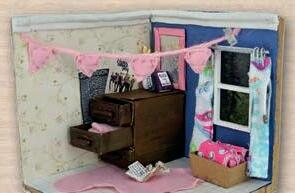









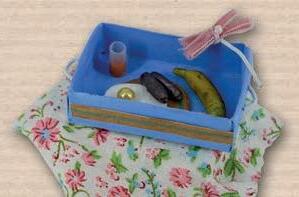



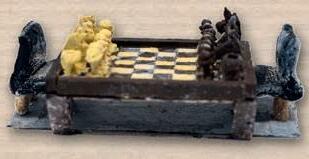




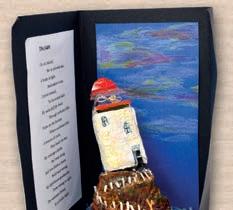






















Withington alumna Ruth Bayley (Class of 1947) was a successful illustrator of many children’s books. She le t a generous gi t to Withington in her will and the illustration competition was set up in her memory. It is an annual event that inspires great creativity in Withington pupils. This year’s challenge was to create a miniature piece of art using a match box. As you can see from the winning entries, there were many creative and imaginative miniature artworks. The guest judge this year was alumna Deshna Shah (for more news about Deshna see p15). We would like to thank the executors of Ruth Bayley’s estate for their continued support.
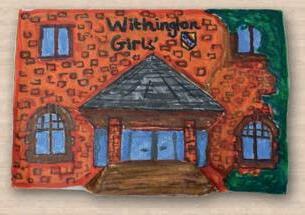



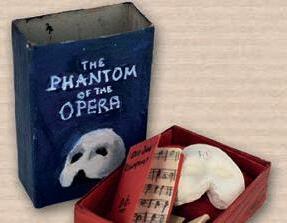








Bronya was part of the winning women’s Cambridge eight for a second year running in The Boat Race 2022. With the race returning to the Thames, Bronya was delighted that the team won with a course record, especially during her tenure as joint President of the Cambridge University Boat Club. Having graduated in July, Bronya has now moved to the prestigious Leander Boat Club in Henley where she hopes to develop her rowing as a senior athlete. She aims to qualify for the World University Championships and become known in the Great Britain rowing system, as well as performing at domestic events, such as the Fours Head, WeHORR and Henley Royal Regatta.
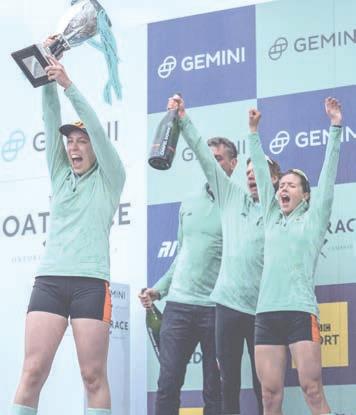 Photograph © Nordin Ćatić
Photograph © Nordin Ćatić







































Mrs Lisa Bradshaw joined Withington in September 2009 as a Teacher ofand later Head of - Physics. She became Head of Science in 2016 and since then has led the Science faculty with dedication, skill and wisdom.

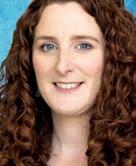

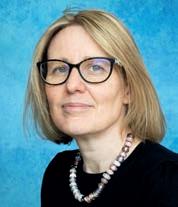
Under her leadership, the Science Department has flourished. Mrs Bradshaw is a popular and inspirational teacher with an obvious enthusiasm for learning, a passion for science, and a wholehearted commitment to the pupils.
This has also been evident in the work she has done outside of lessons, creating opportunities for pupils to experience Science, especially Physics and Engineering, in a practical, o ten competitive, context.
Twice in the last few years, the department has managed to arrange to host actual moon rocks at WGS, artefacts which are so rare and valuable that their presence in school had to be kept secret until a ter they’d le t the building!





Outside lessons, Mrs Bradshaw has supported pupils in Physics and Engineering competitions, including in 2013, when WGS pupils comprised three of the five female pupils nationally to win a Gold Award. In all of these competitions, the pupils have benefitted from Mrs Bradshaw’s expertise, drive and commitment.
Mrs Bradshaw has organised many exciting trips, ranging from Alton Towers (with an emphasis on the engineering of the rides, of course), Jodrell Bank Observatory, and a bi-annual trip to CERN and the Large Hadron Collider, at which students attended lectures in the very room where the discovery of the Higgs Boson was announced in 2012. Perhaps even more exciting was the 2019 trip to NASA’s Space Centre at Houston, Texas. Following the pandemic, one of Mrs Bradshaw’s final acts as Head of Science was to lead a very successful Science trip to Florida in July, where pupils visited the Kennedy Space Centre and swam with manatees.
These trips and competitions are simply reflections of Mrs Bradshaw’s tireless work to ensure that students realise what a fascinating subject Science is and encourage them to pursue the subject beyond GCSE and A Level.
Mrs Bradshaw has always been a great champion of girls studying Science generally, and Physics especially, when nationally there has been longstanding concern about the low numbers of girls choosing the subject at A Level and beyond.

We thank her wholeheartedly for all she has done for Withington over the last 13 years and she leaves us with our very best wishes for her future.
Mrs Nicki Cottam has le t WGS a ter 10 years as Head of Careers. The department has flourished under her tenure, moving from a room next to Biology to the new, purpose built, modern room that the pupils all enjoy now. An excellent classroom teacher, initially Mrs Cottam taught Biology before giving up teaching Biology to devote herself entirely to Careers.
Over the years, the pupils have benefitted from Mrs Cottam’s pragmatic, sensible advice and they have been encouraged to look at a wide range of options for life beyond the Sixth Form. Pupils have always been able to book individual appointments to talk through choices to Mrs Cottam and to make confident applications to the universities and other educational establishments of their choice. The biannual Careers Convention has been an outstanding success. Working closely with the Development O ce, the conference moved seamlessly to become a virtual conference during COVID lockdowns.
Mrs Cottam completed a Level 6 Diploma in Careers guidance and development and the school has achieved a Quality in Careers mark. This accolade is in recognition of all the hard work that she put in to raise and maintain the exceptionally high standard of the careers provision to all pupils in the Senior School. She was also a very knowledgeable and experienced adviser for students wishing to apply for places at overseas universities.
An integral member of the Sixth Form tutor team, the students have always benefitted from her sound and sensible advice, good sense of humour and her kind-hearted nature. Girls regularly came to see Mrs Cottam outside of lesson time for help and advice and she is always accommodating and supportive.


Mrs Cottam’s time at Withington has been marked by her willingness to be fully involved in many aspects of extra-curricular life. For many years she was the school Volunteering and Charity Coordinator, developing WGS connections with local primary schools as well as Wood Street Mission, Barnardo’s and many other organisations. A qualified football referee, Mrs Cottam was an enthusiastic supporter of the WGS football team and was always willing to help out in any sporting activity. She gave willingly of her own free time working at Everton Football ClubEverton in the Community, where she went into schools on Merseyside to help the students with employability, sport, football and PSHCE.
Mrs Cottam will be much missed by pupils and sta alike and we wish her and her family every happiness as they embark on their new adventure to New Zealand.

Professor Sheila Gardiner was a leading cardiovascular physiologist and pharmacologist who enjoyed a long and hugely successful career at the University of Nottingham.
She attended the Junior School at WGS before moving to Cardi for four years and then returning, along with her sister Maureen (Class of 1970), to complete the last four years of her school education at Withington.
Sheila graduated with Honours from the School of Agriculture at Sutton Bonington in 1975. Her scientific research interest was initially sparked by a summer placement in the cardiovascular laboratories at Alderley Park, where she was involved in the early research that led to the development of Atenolol as an important anti-hypertensive drug. She subsequently completed her PhD as one of the first post-graduate students in the new Medical School at the University of Nottingham in 1978. She later held a British Heart Foundation Fellowship before climbing the academic ladder at Nottingham University. At the time of her promotion to Chair in 1993, Sheila was the youngest female Professor of Cardiovascular Physiology in the UK.
Sheila’s contribution to research, both nationally and internationally, was, and remains, substantial; she currently ranks as the top female scientist of all time, based on publication number in the British Journal of Pharmacology (BJP), with 188 peer reviewed publications (papers and abstracts) in this journal alone. She was heavily involved with the British Pharmacological Society (BPS), with nearly 150
published abstracts associated with the BPS/BJP. Her contribution to research and analysis had a major impact on the basic understanding of physiology, thereby facilitating drug development by providing the pharmaceutical industry with crucial, basic information.
In addition to her significant contribution to academic research and industrial collaboration, Sheila was heavily involved in teaching across several programmes at the University of Nottingham, ensuring that future Medics, Pharmacists, Nurses and Researchers had the fundamentals of physiology and pharmacology in their grasp. She was a fantastic teacher, bringing energy, clarity and context to her approach. In later years, she would comment that she was happy to be seen in clinic by a Nottingham Medic, knowing she had correctly taught them the ECG.
Following retirement, Sheila continued to advise on projects in the Haemodynamics Laboratory which she had established; she also mentored teams within the broader School of Life Sciences.
During her retirement, together with her beloved husband (Emeritus Professor Terry Bennett), she was able to explore the Derbyshire Peaks, travel Europe and the USA and enjoy time with friends and family. As a Withington alumna, she continued to take an interest in developments at the school through her niece, Joanna Nicholson (Class of 2006).
In addition to her considerable career achievements, she will be remembered for her kindness, her wit and her willingness to o er help and support to those around her.
*Obituaries to Sheila, from which this is drawn, appeared on the website of both the School of Life Sciences, University of Nottingham and the BPS (British Pharmacological Society).




Jane died suddenly and unexpectedly while out for a walk with her husband, Ray, in Tatton Park on a beautiful September day.
Jane was good friend at school and we have kept in touch ever since. Of several friends in the ‘X’ Class of 1971, two of us, myself and Susan Brett (née Holt), were able to attend Jane’s funeral, an upli ting occasion. Jane had been the Girlguiding



JEAN MEESON née Royle (Class of 1943) Died Jun 2021














































VELENDA PELLETIER (Class of 1949) Died Feb 2022











PATRICIA TERRY (Class of 1951) Died Sep 2021
County Commissioner for Greater Manchester West until 2010 and was given a grand send-o when she retired from that role. The love and respect that the Guiders had for her was evidenced by the large number of them that attended the funeral in their uniforms.
Jane worked first as a Physics teacher and then became Science consultant for a local authority. She is fondly remembered and sadly missed by all who knew her.
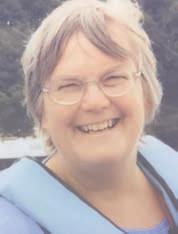
SUE PARKER née Geake (Class of 1971)
HEATHER SKINNER (Class of 1953) Died Mar 2022
MARJORIE PIPER (Class of 1958) Died Dec 2021
DOROTHY BOLLAND (Class of 1960) Died Jan 2022






















